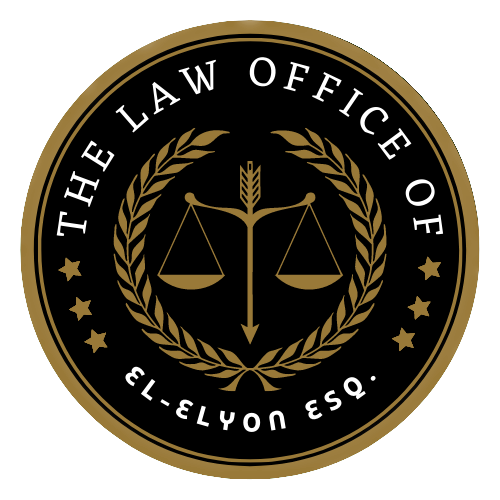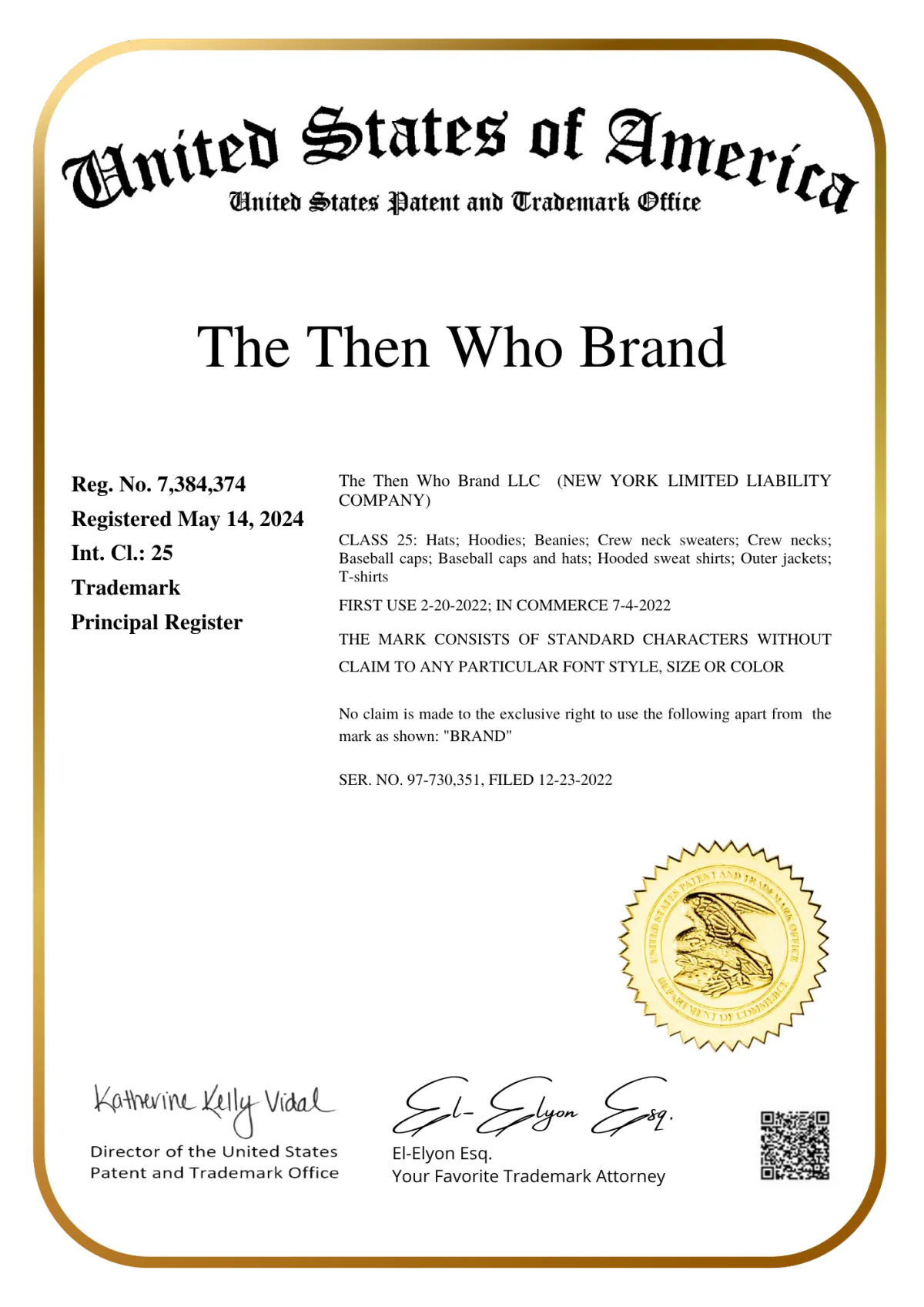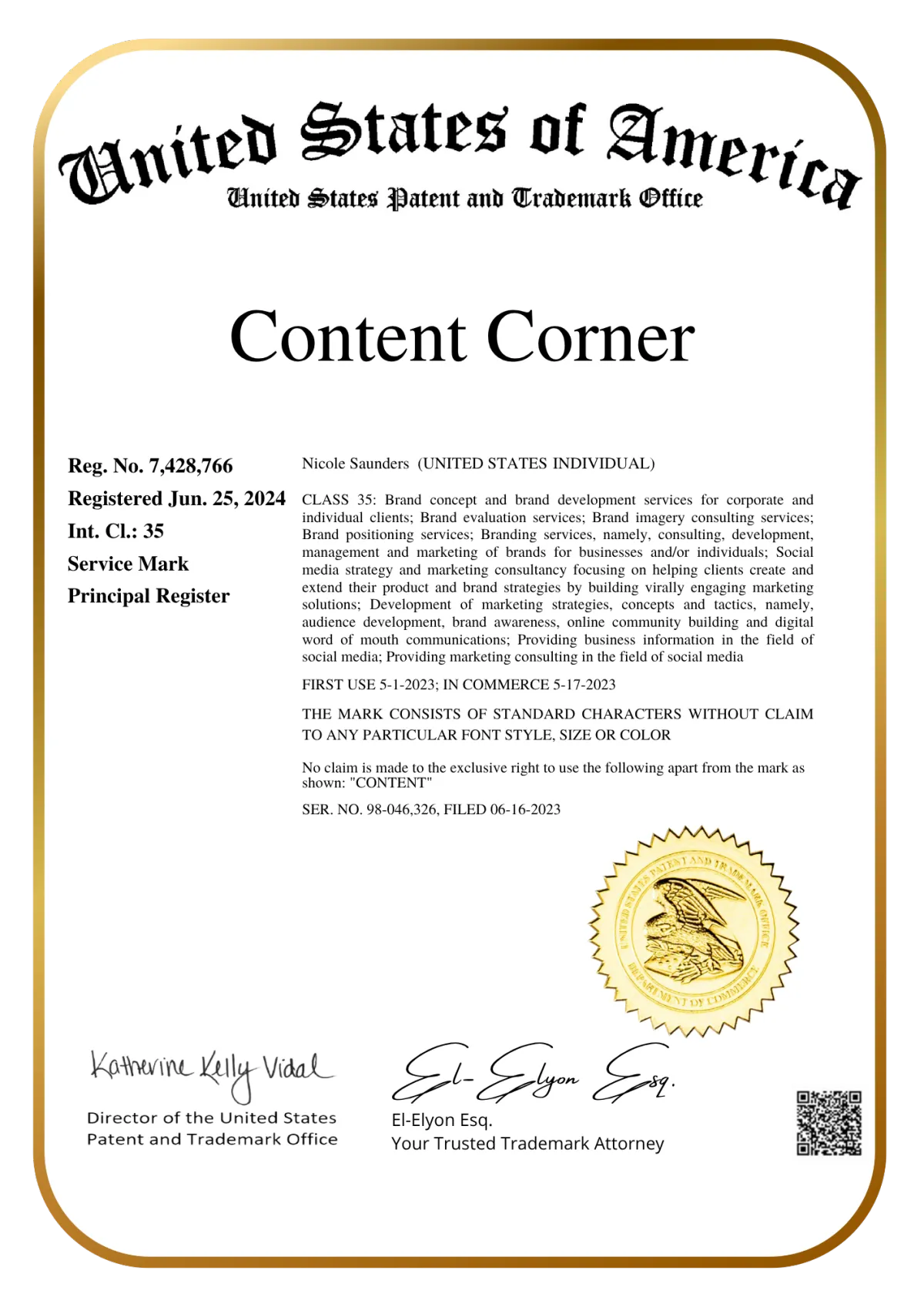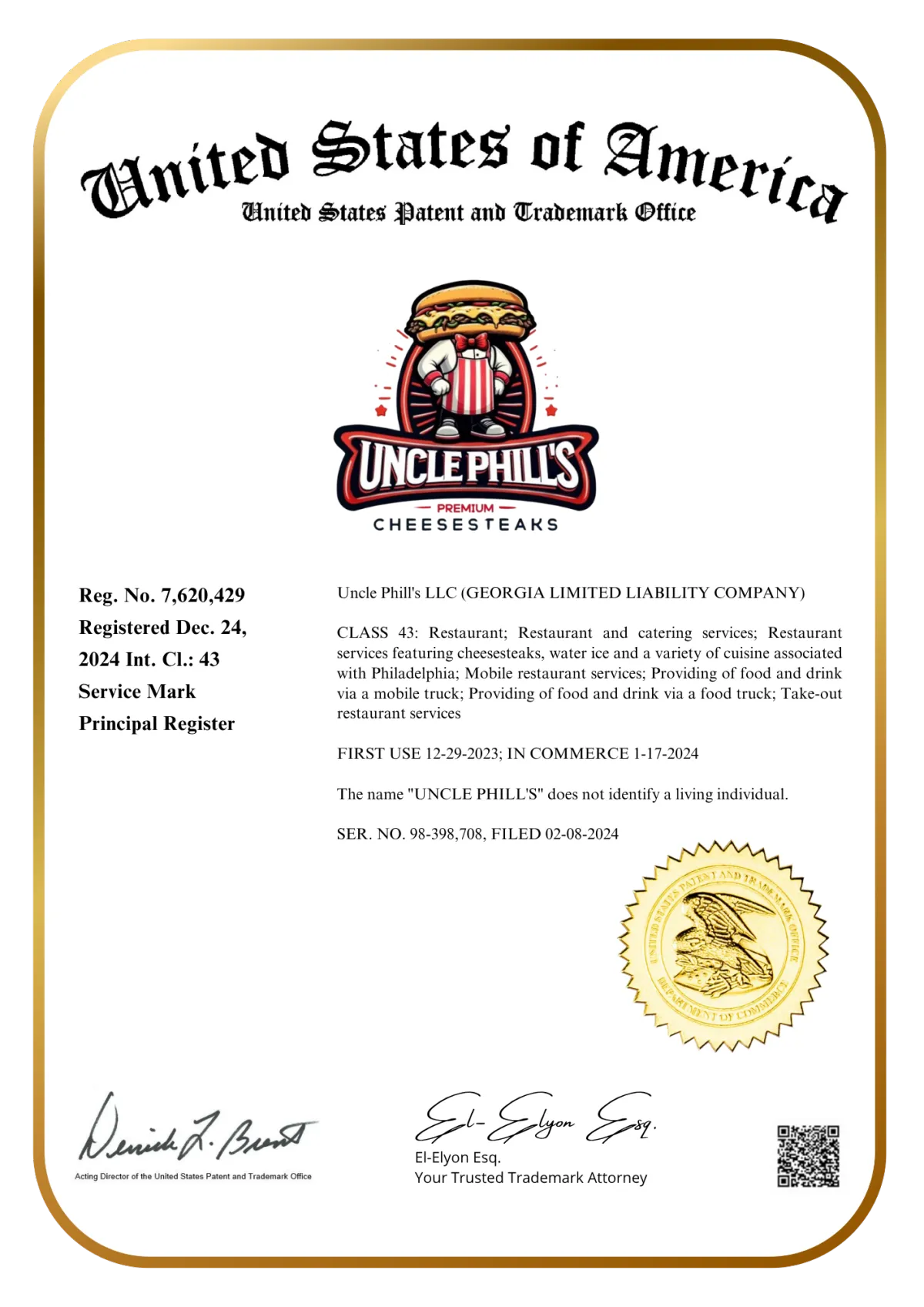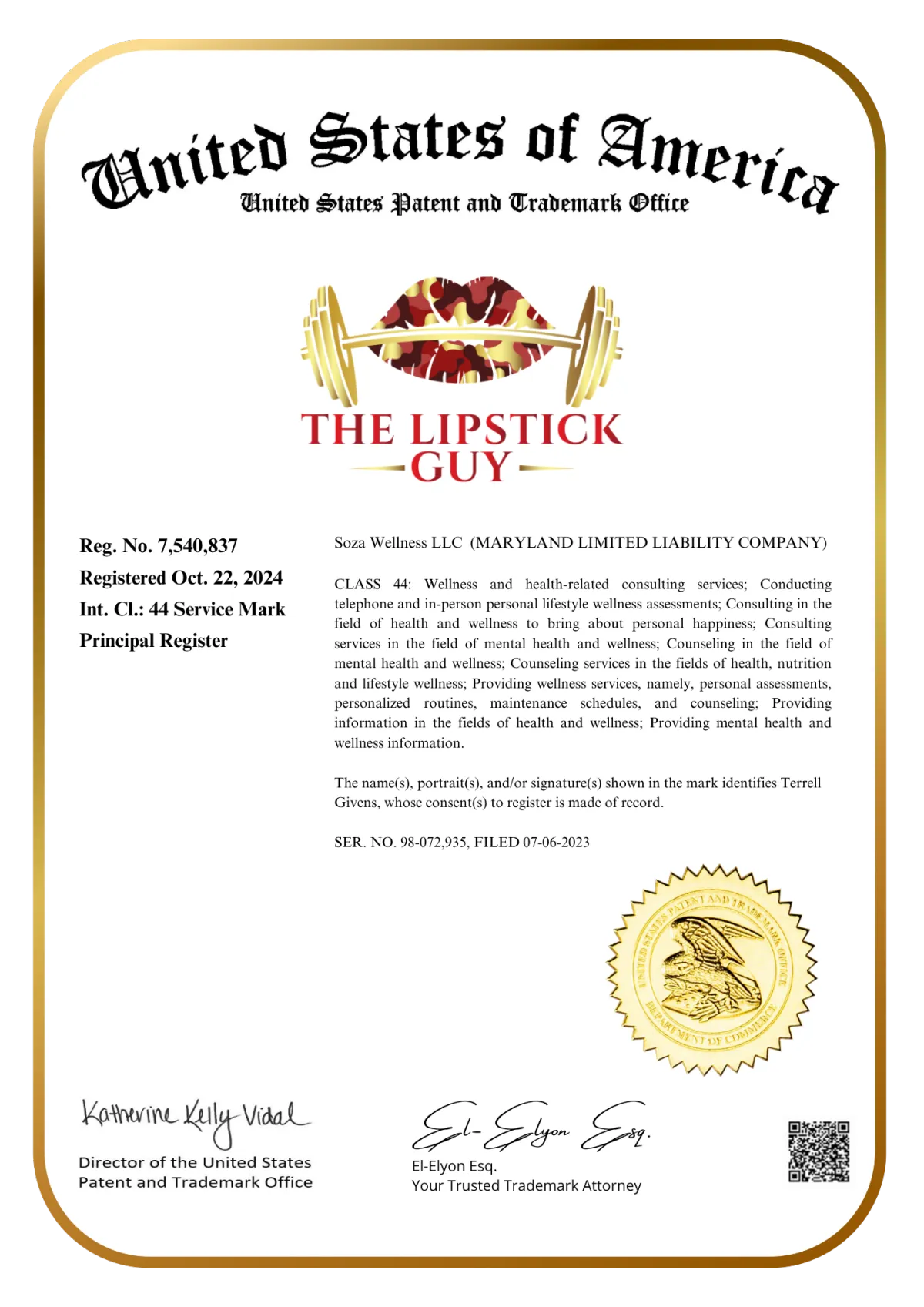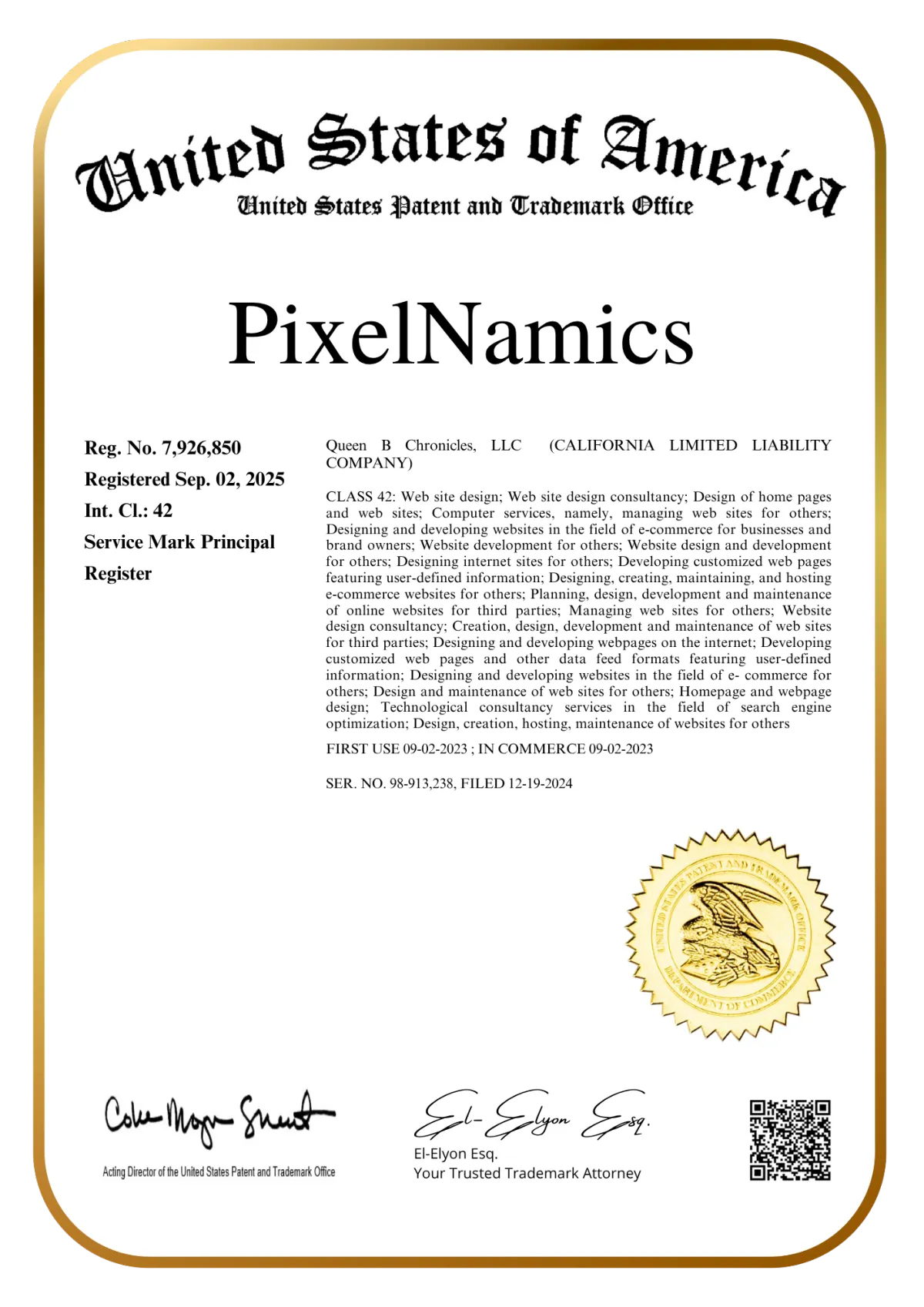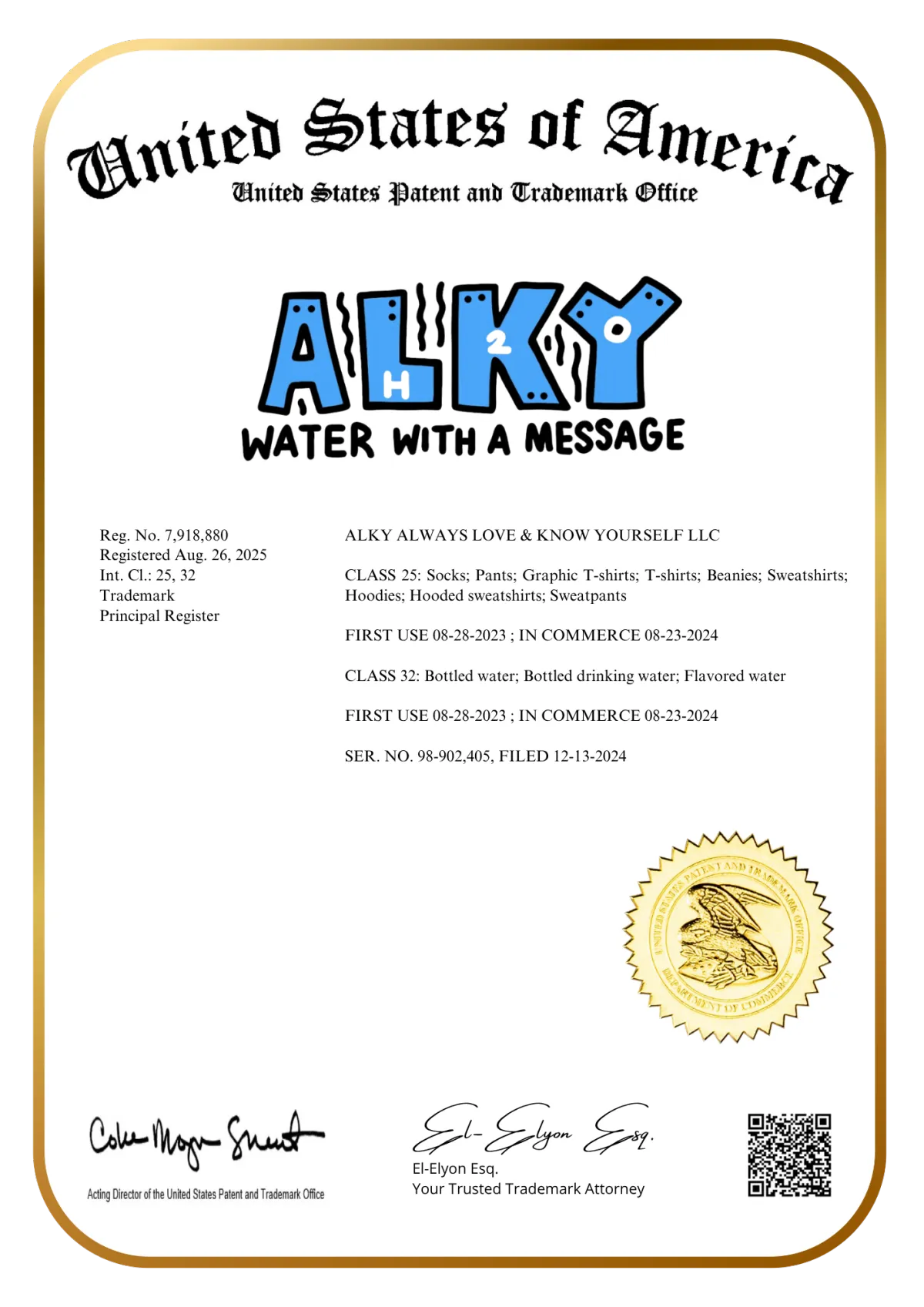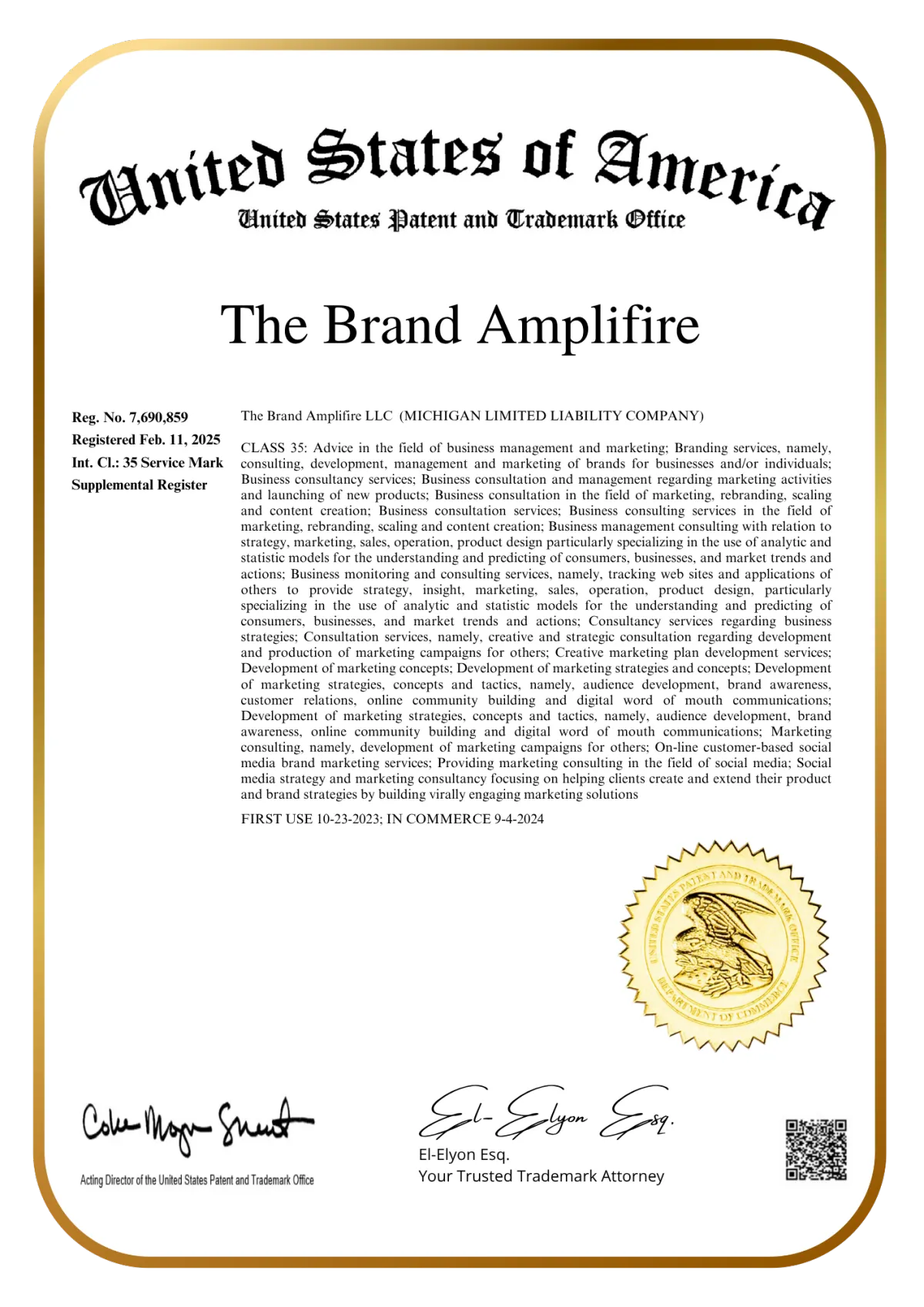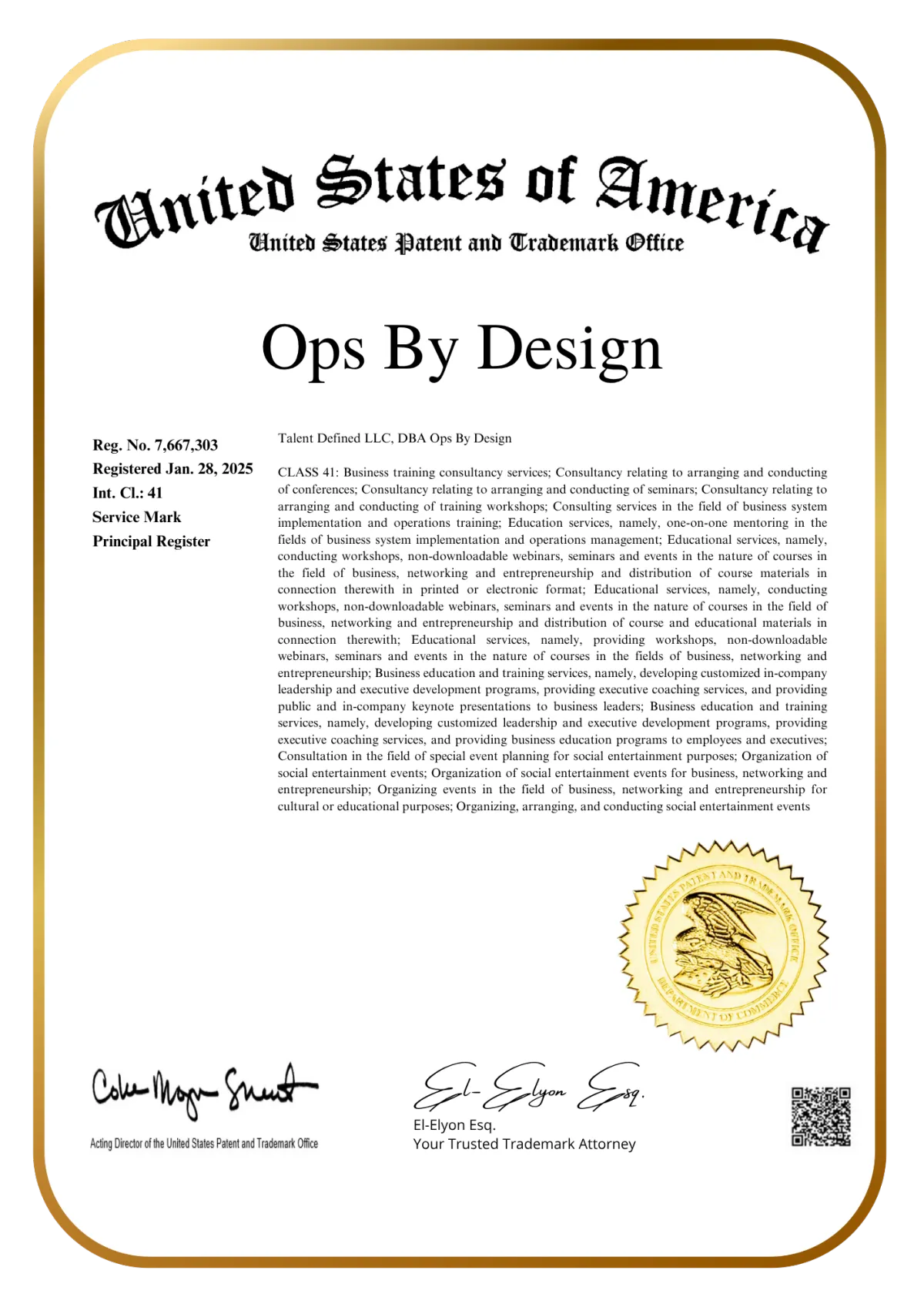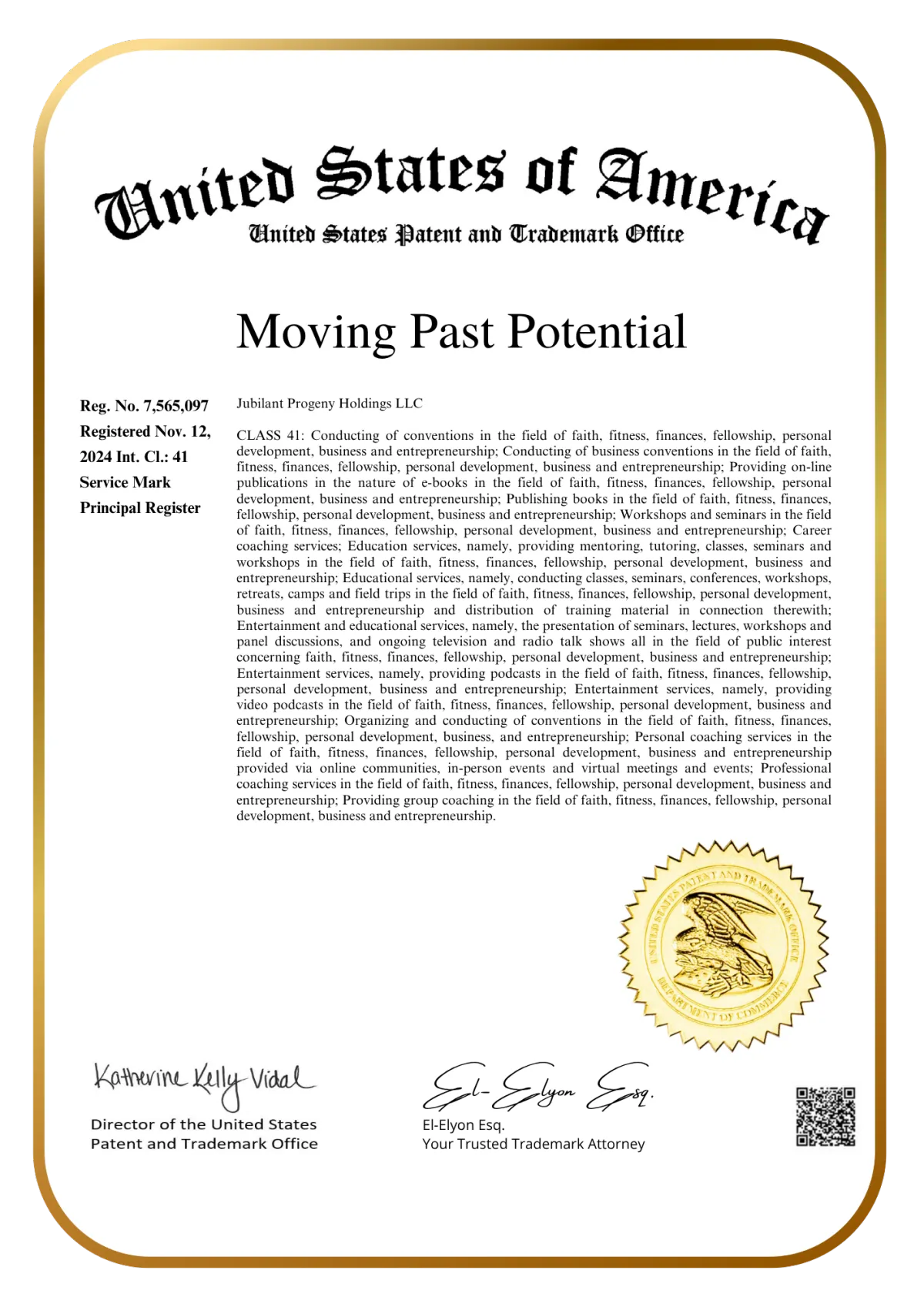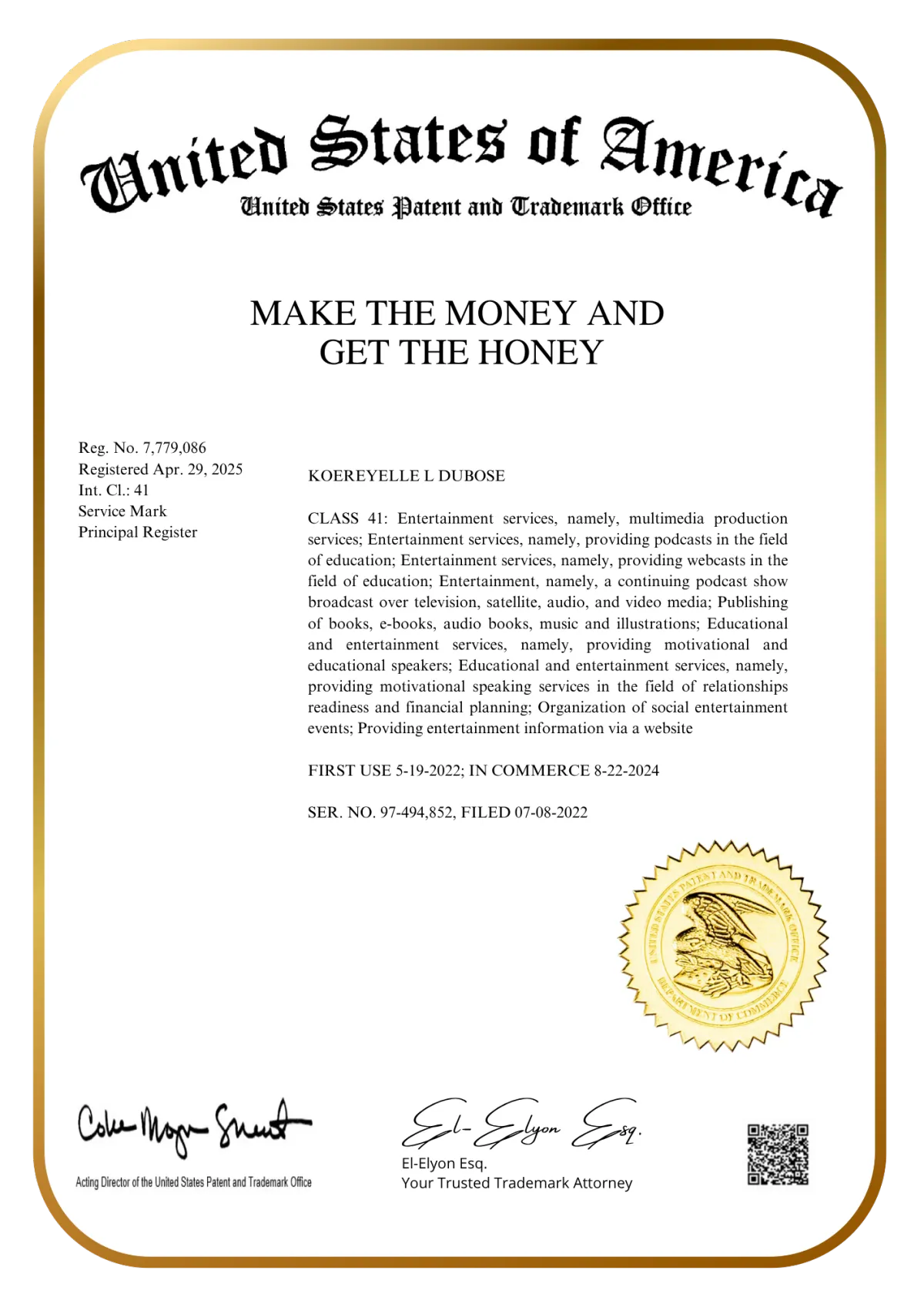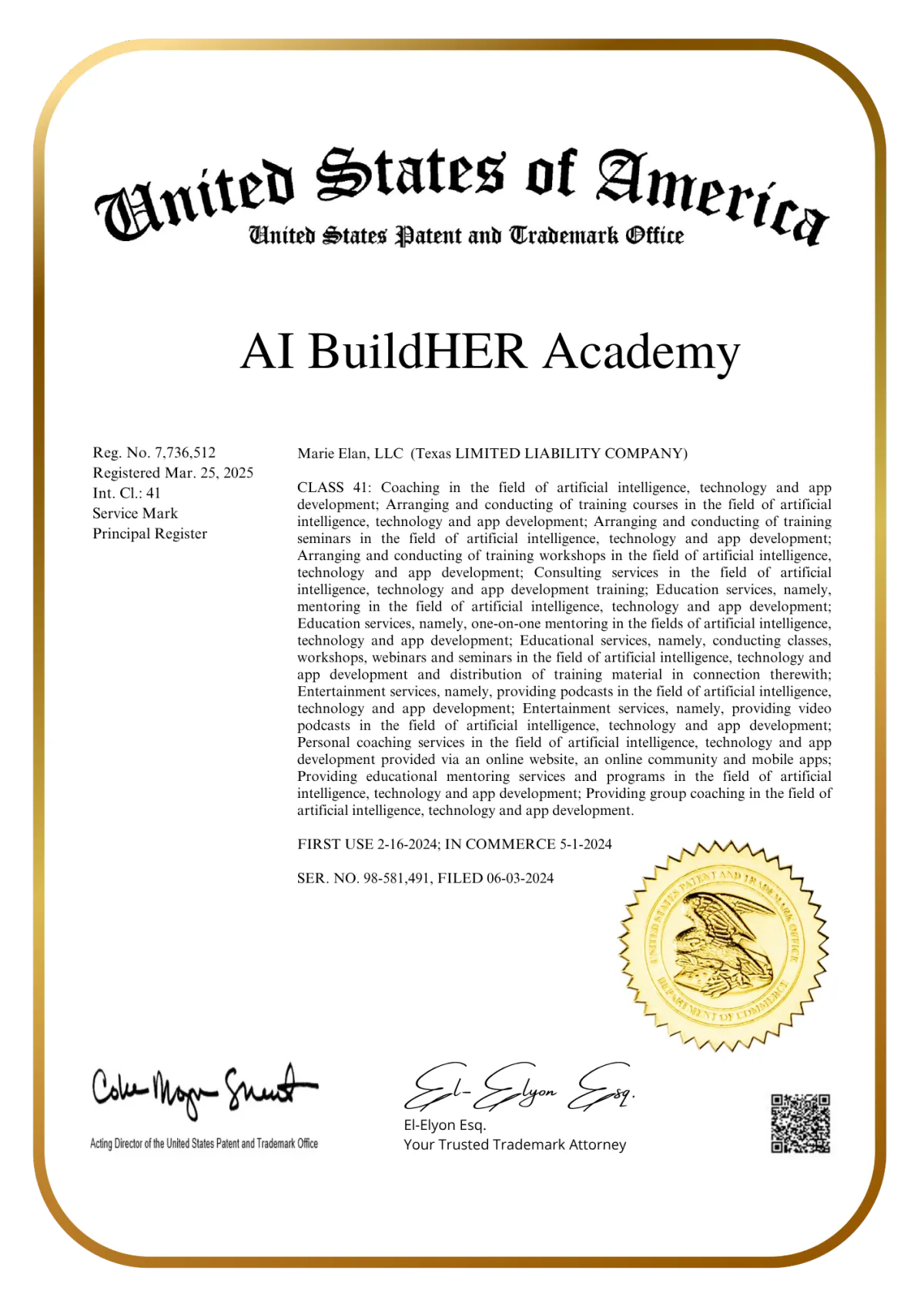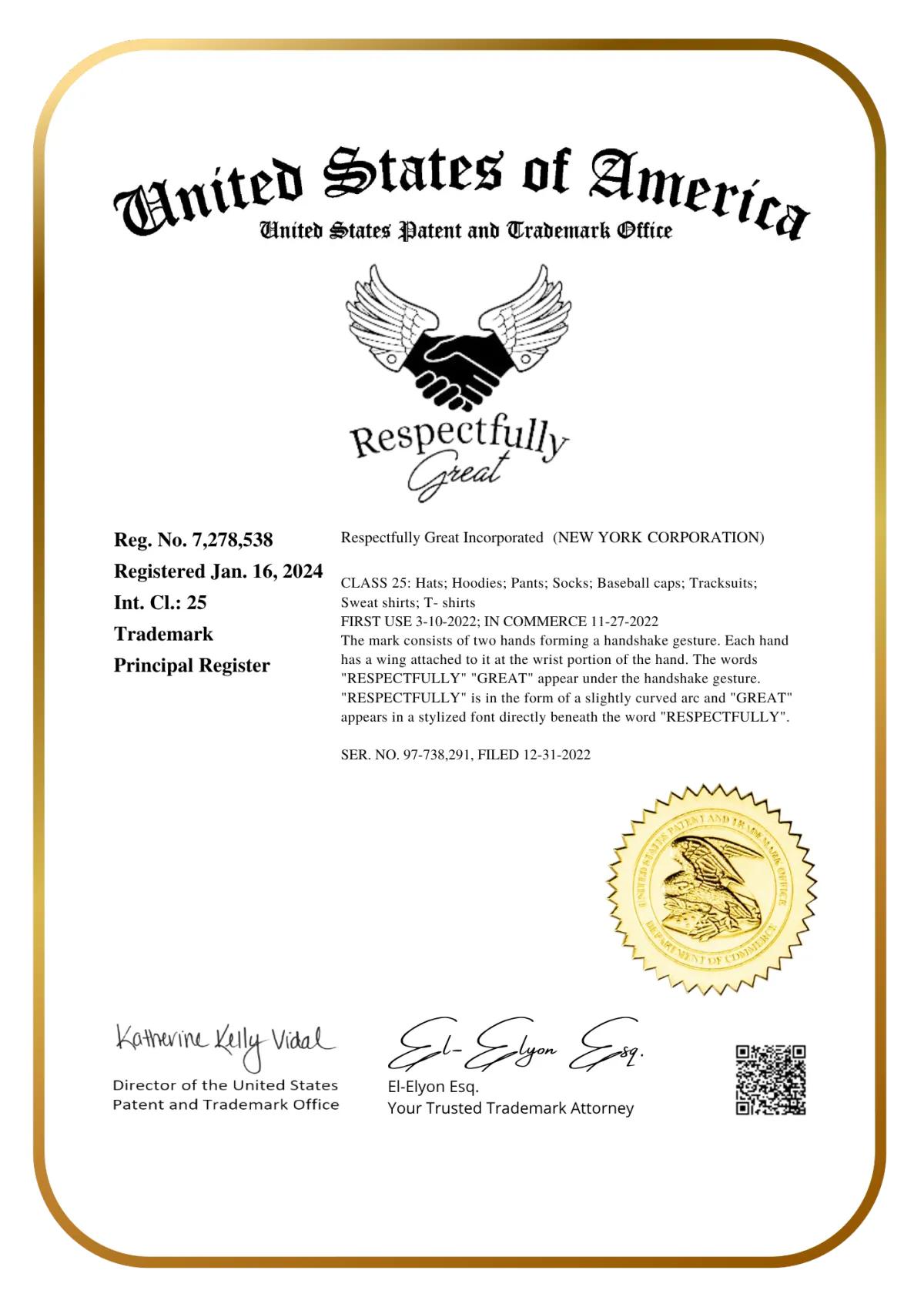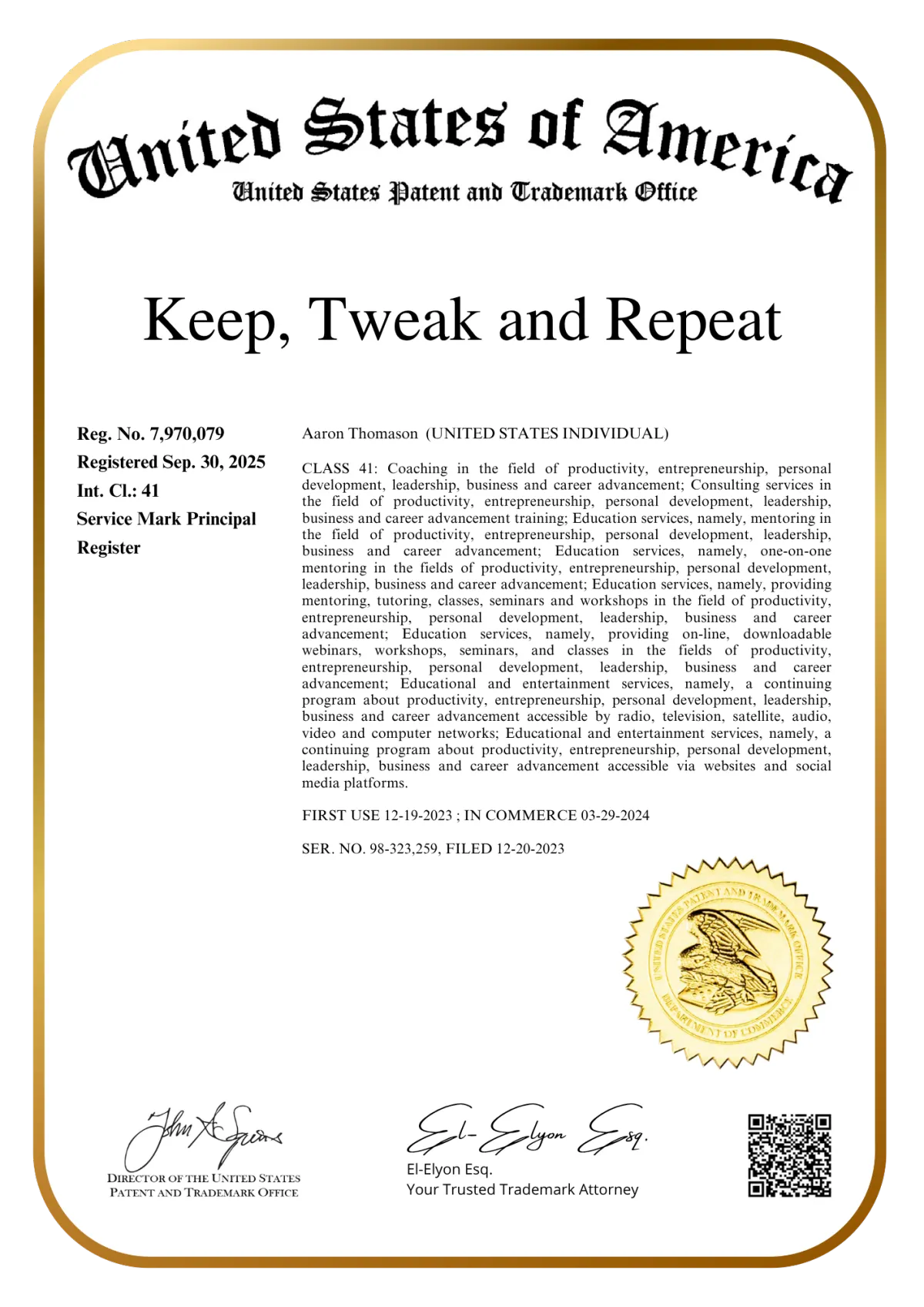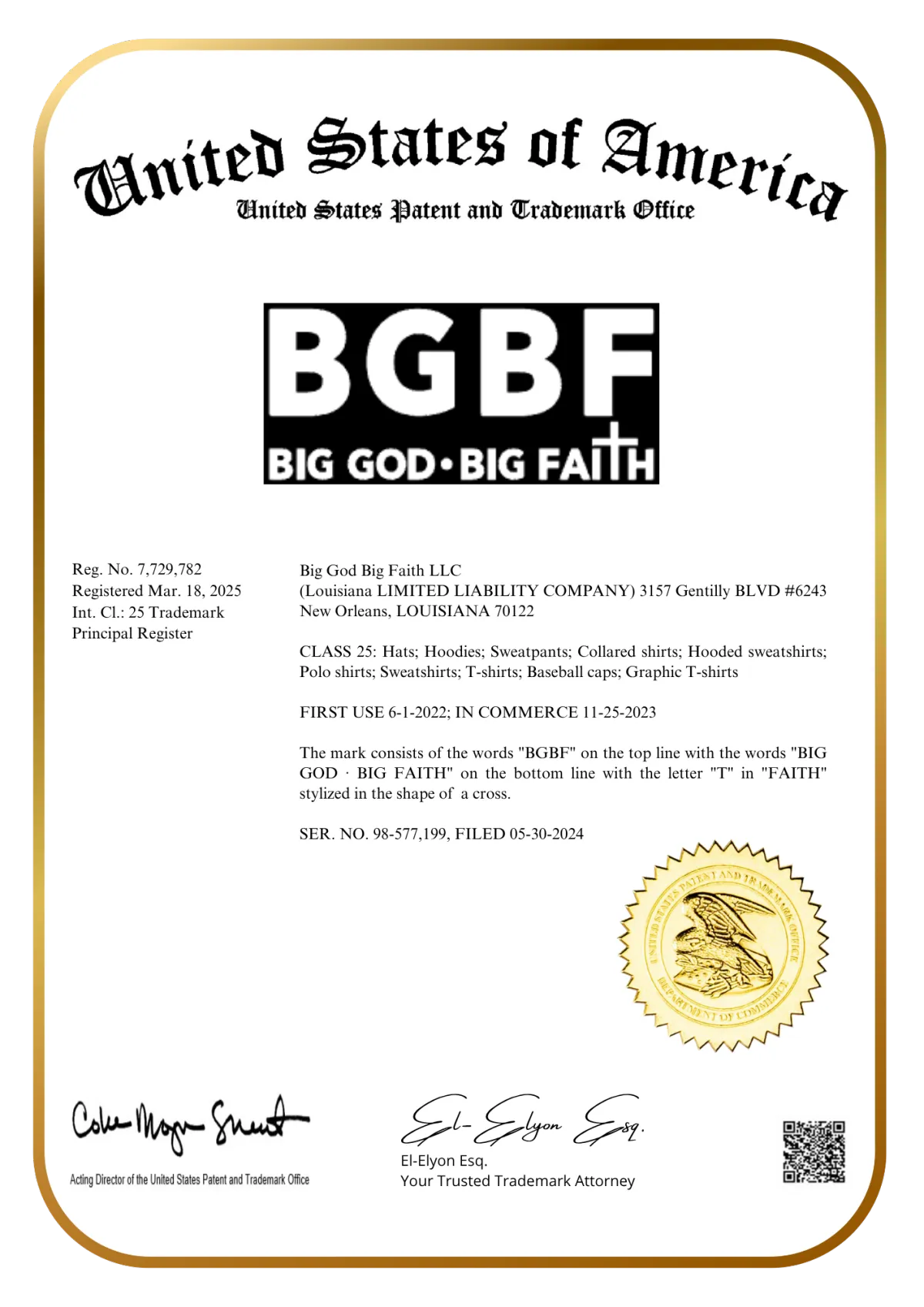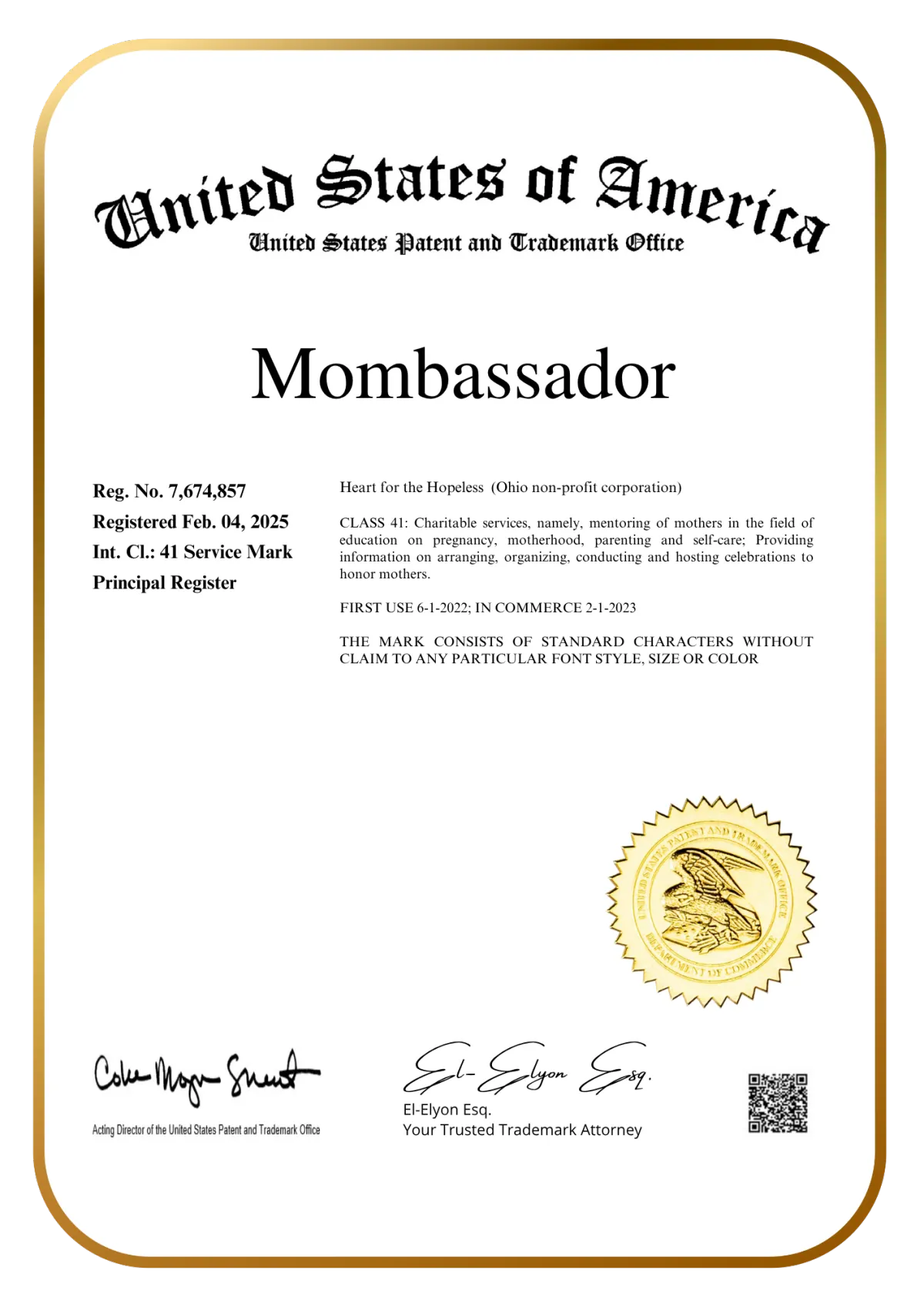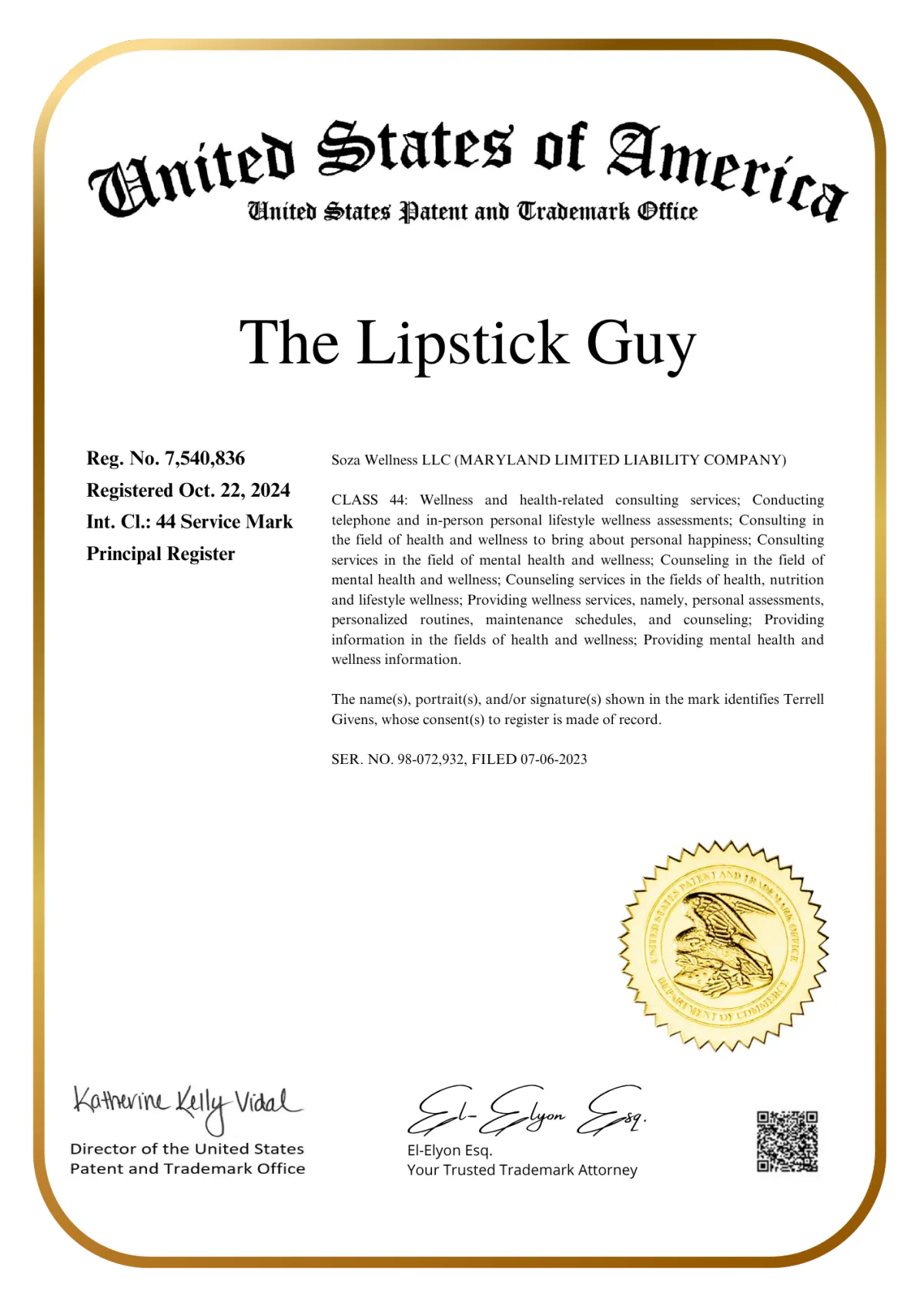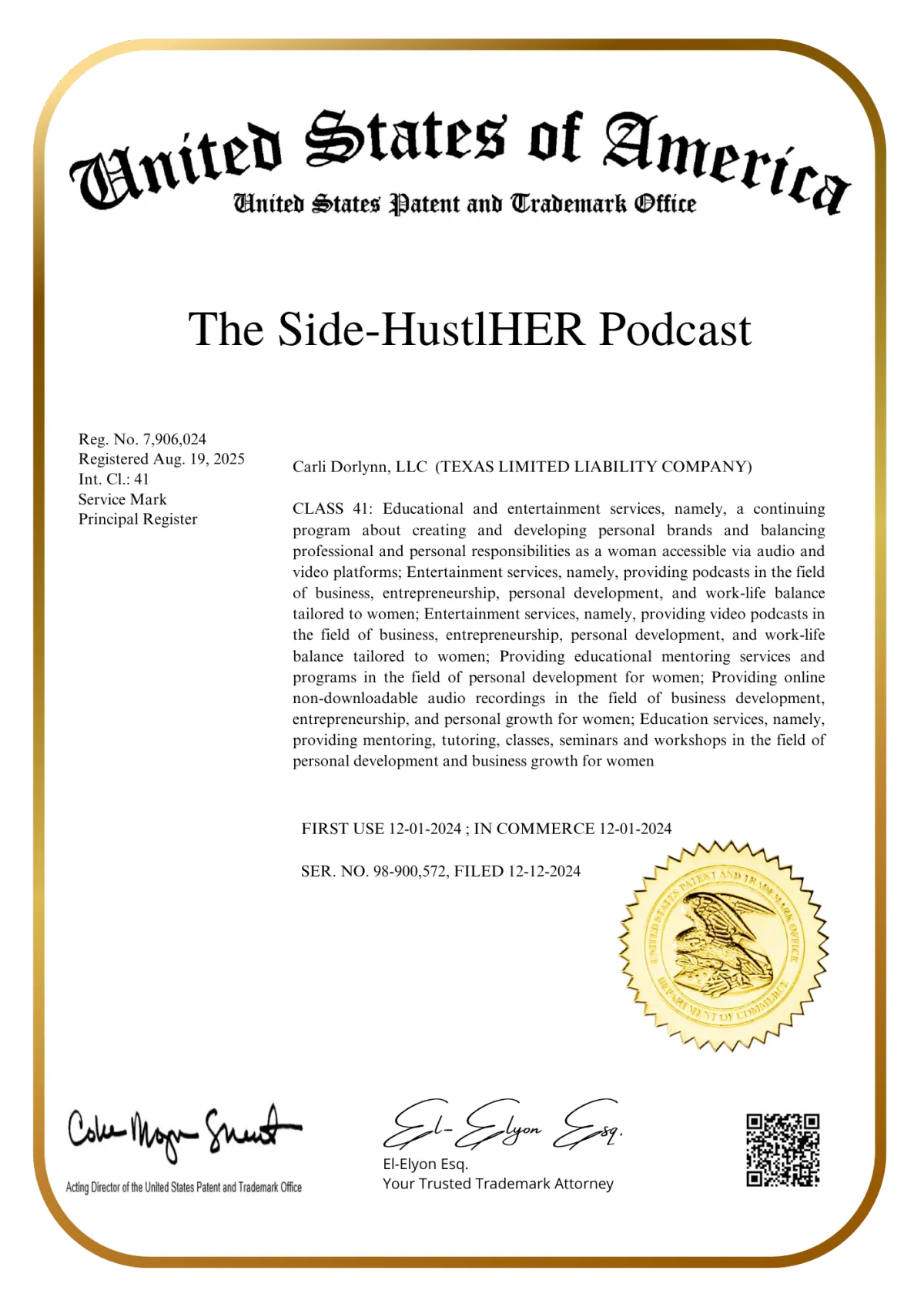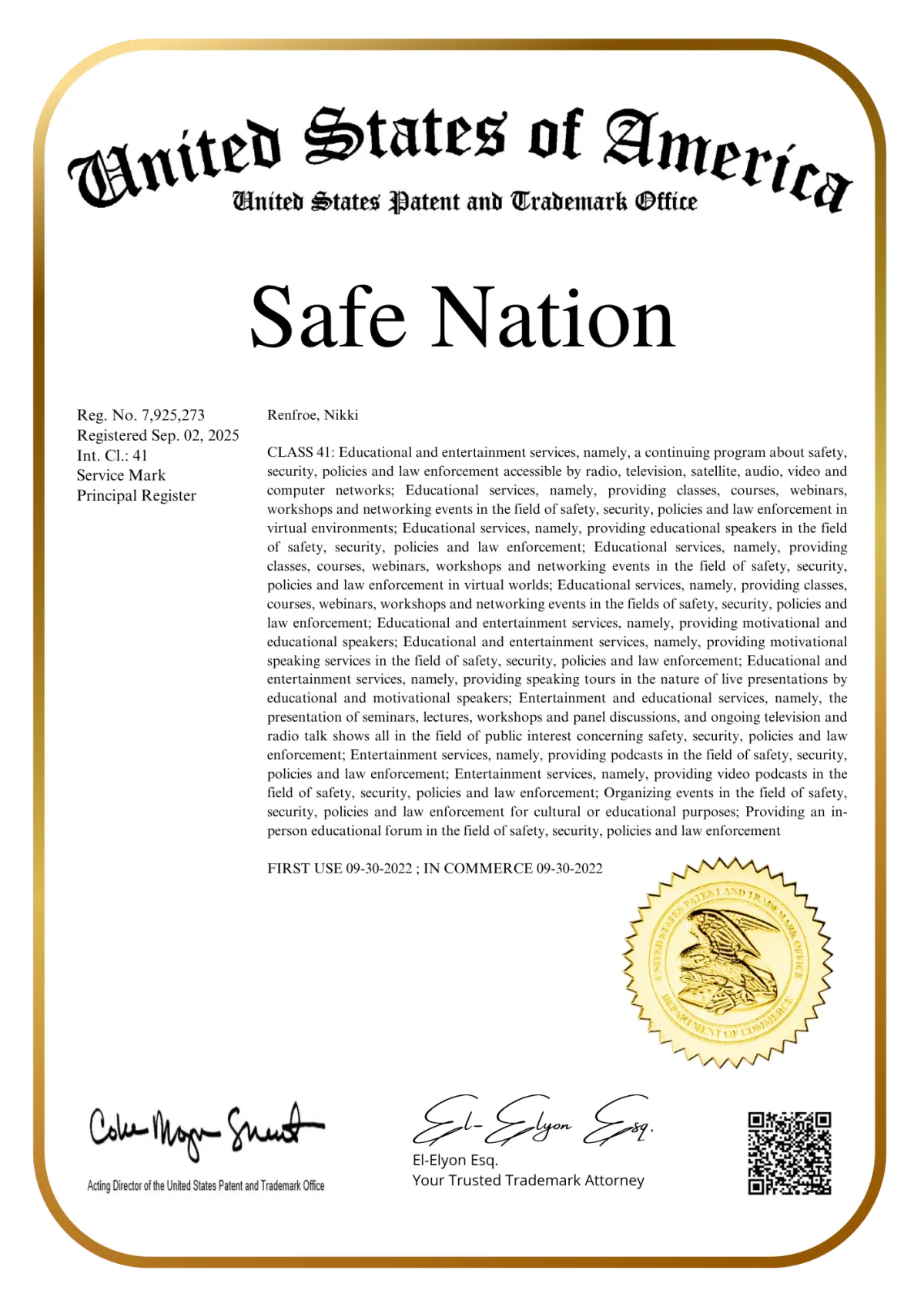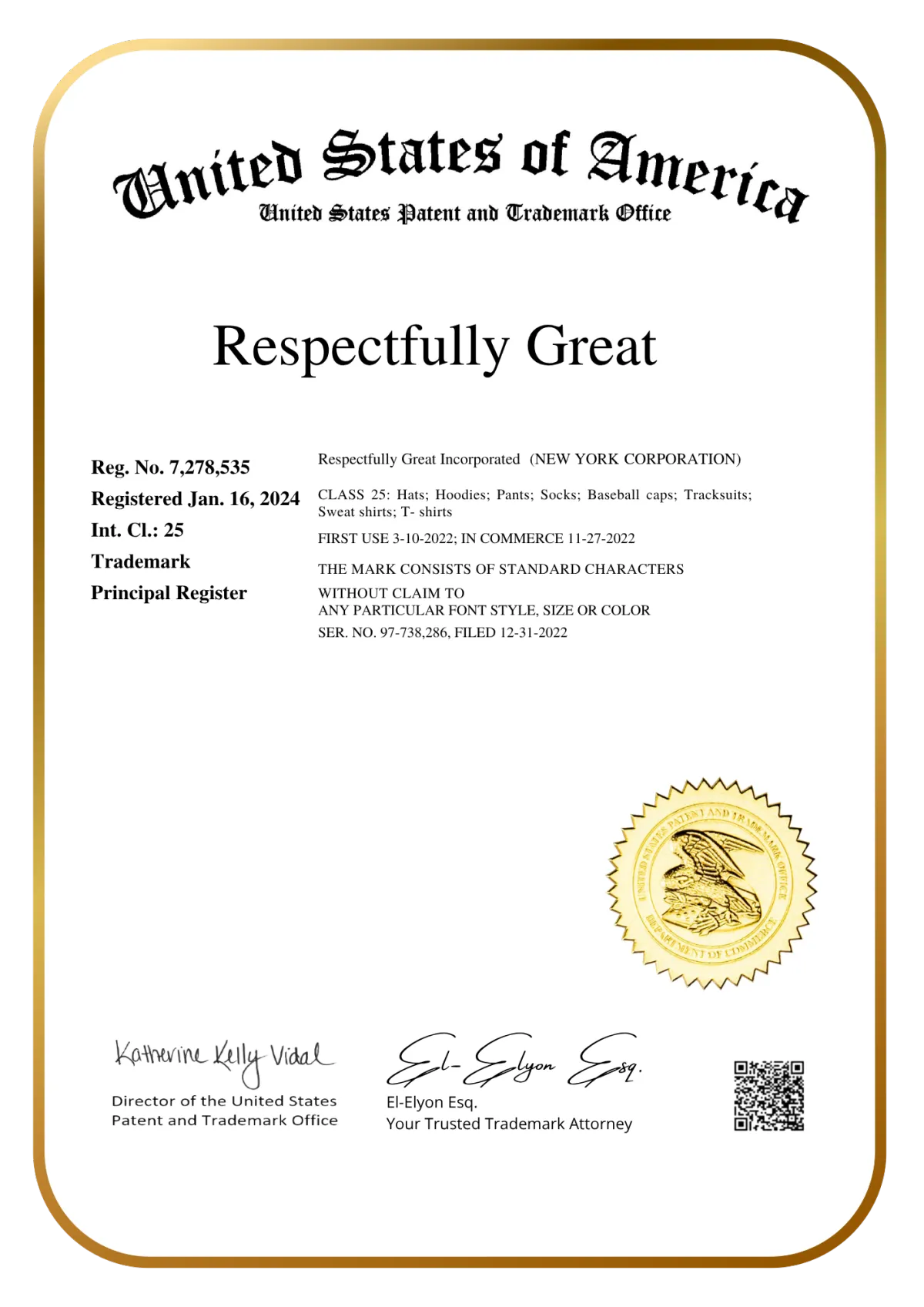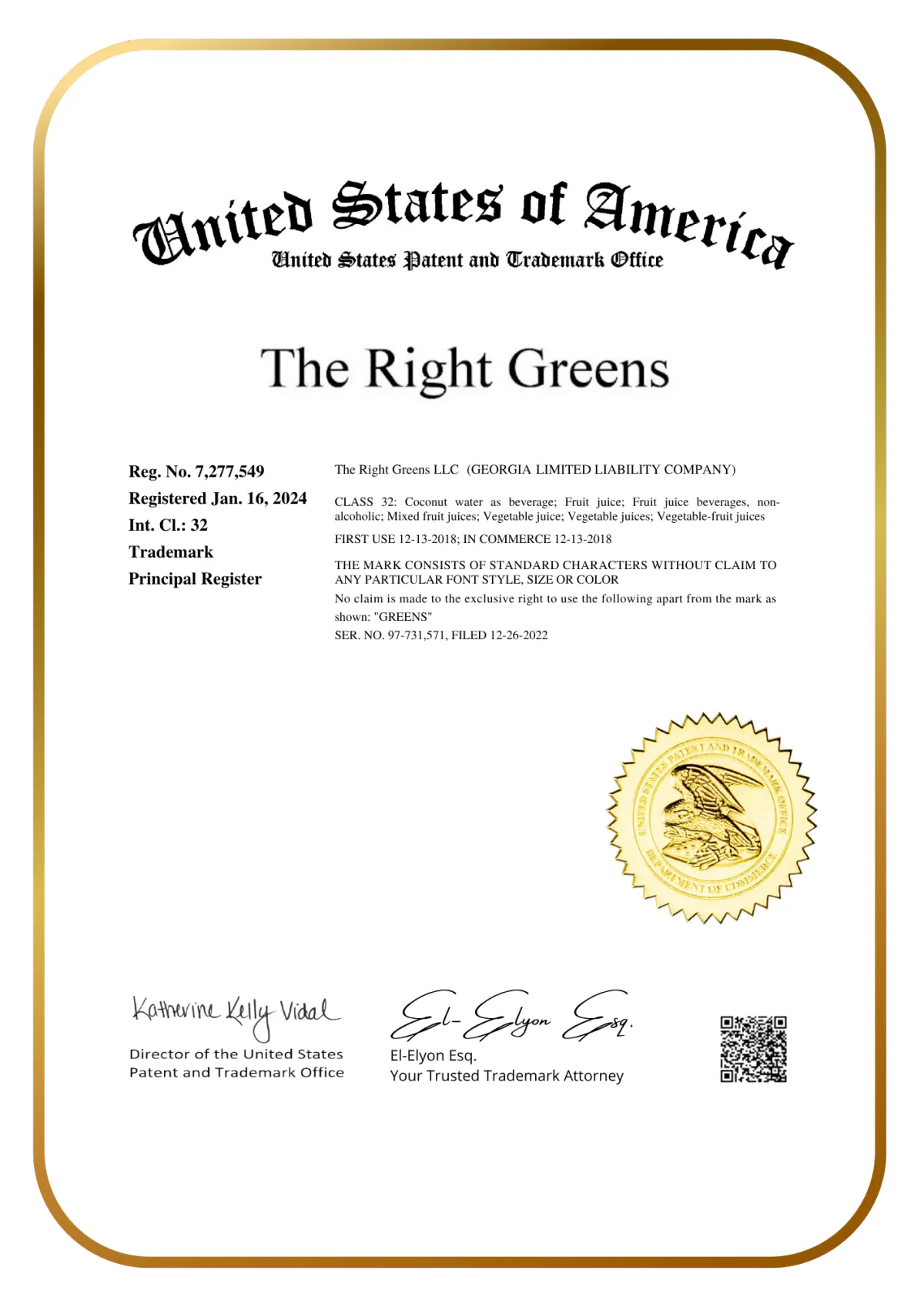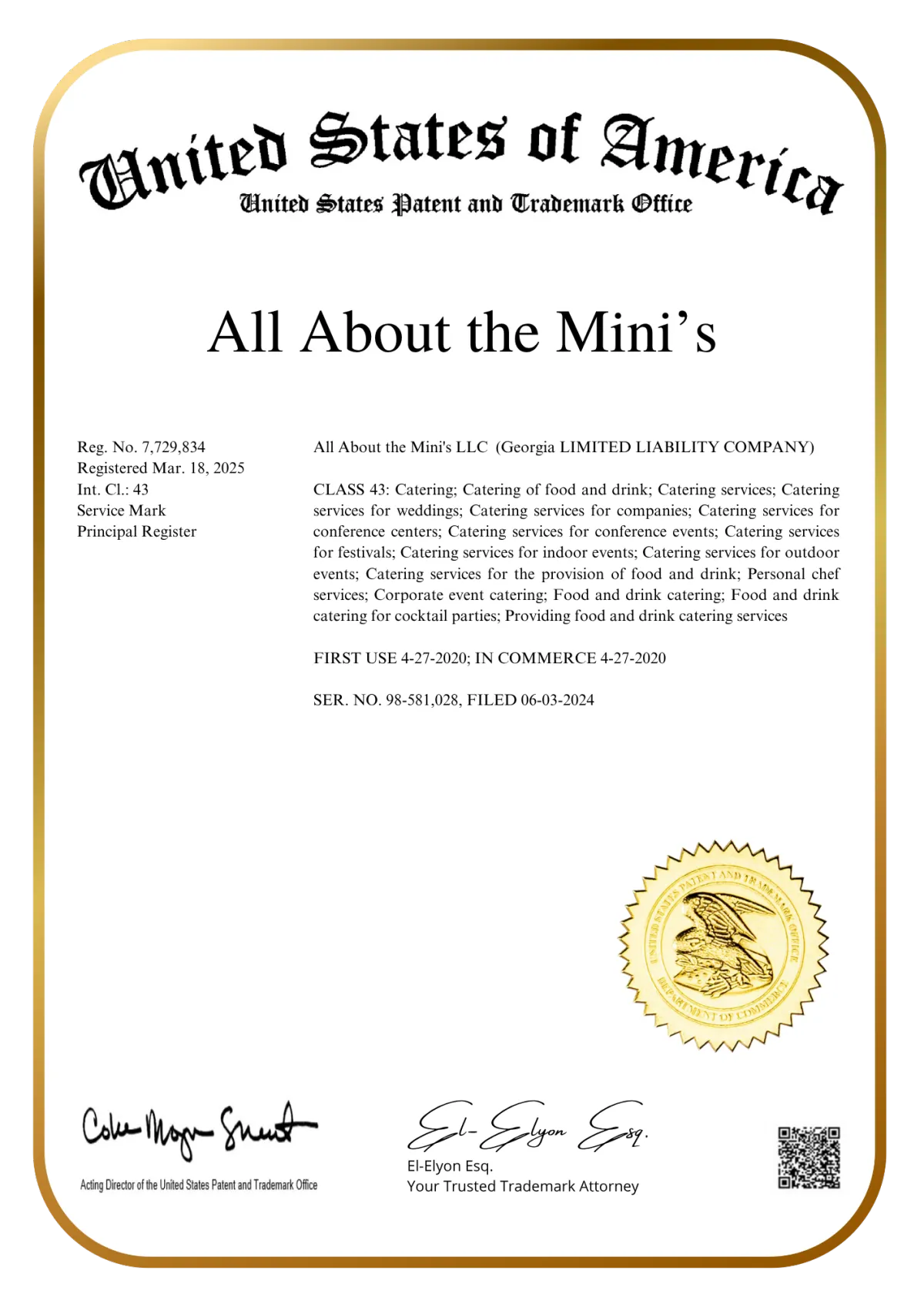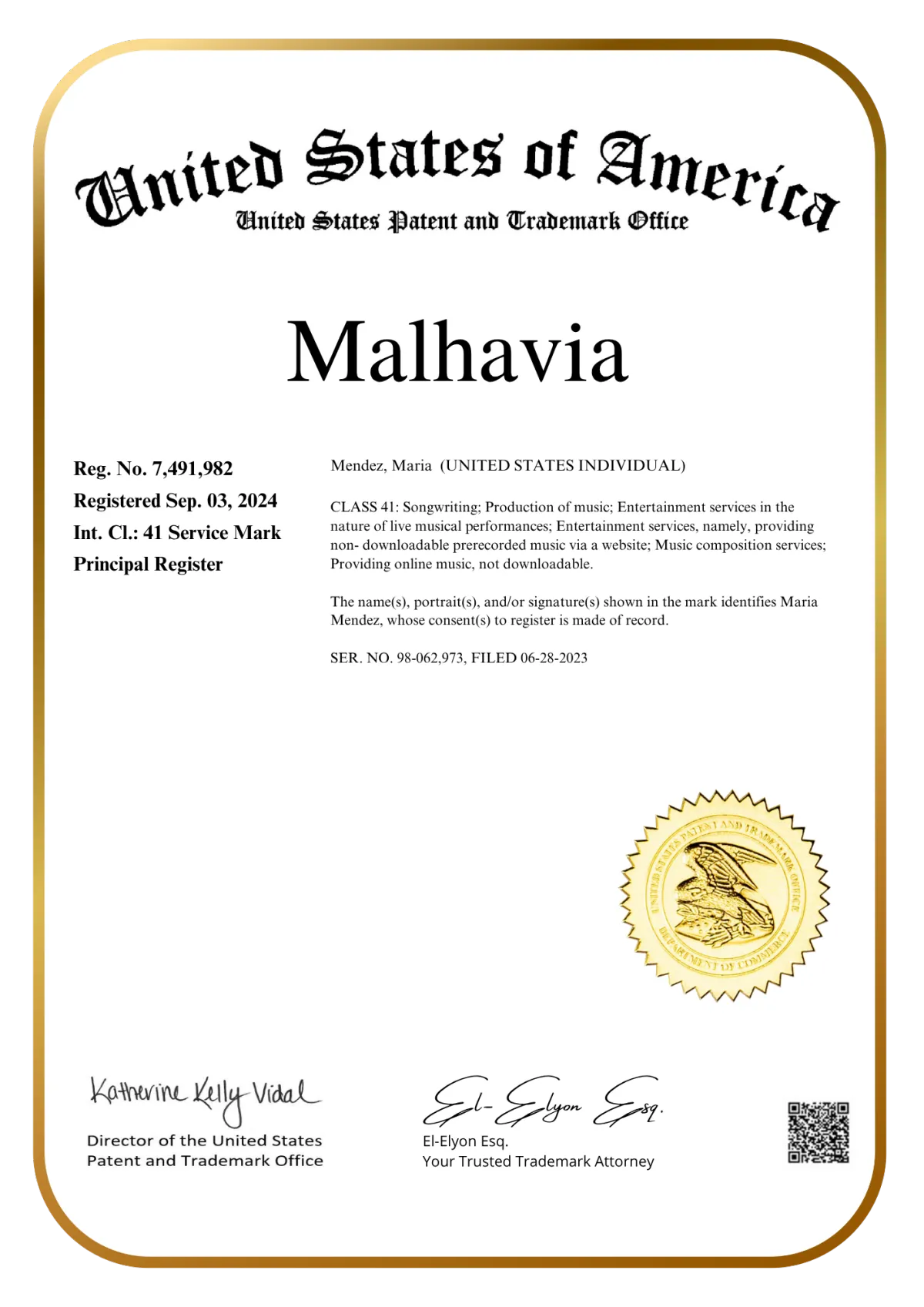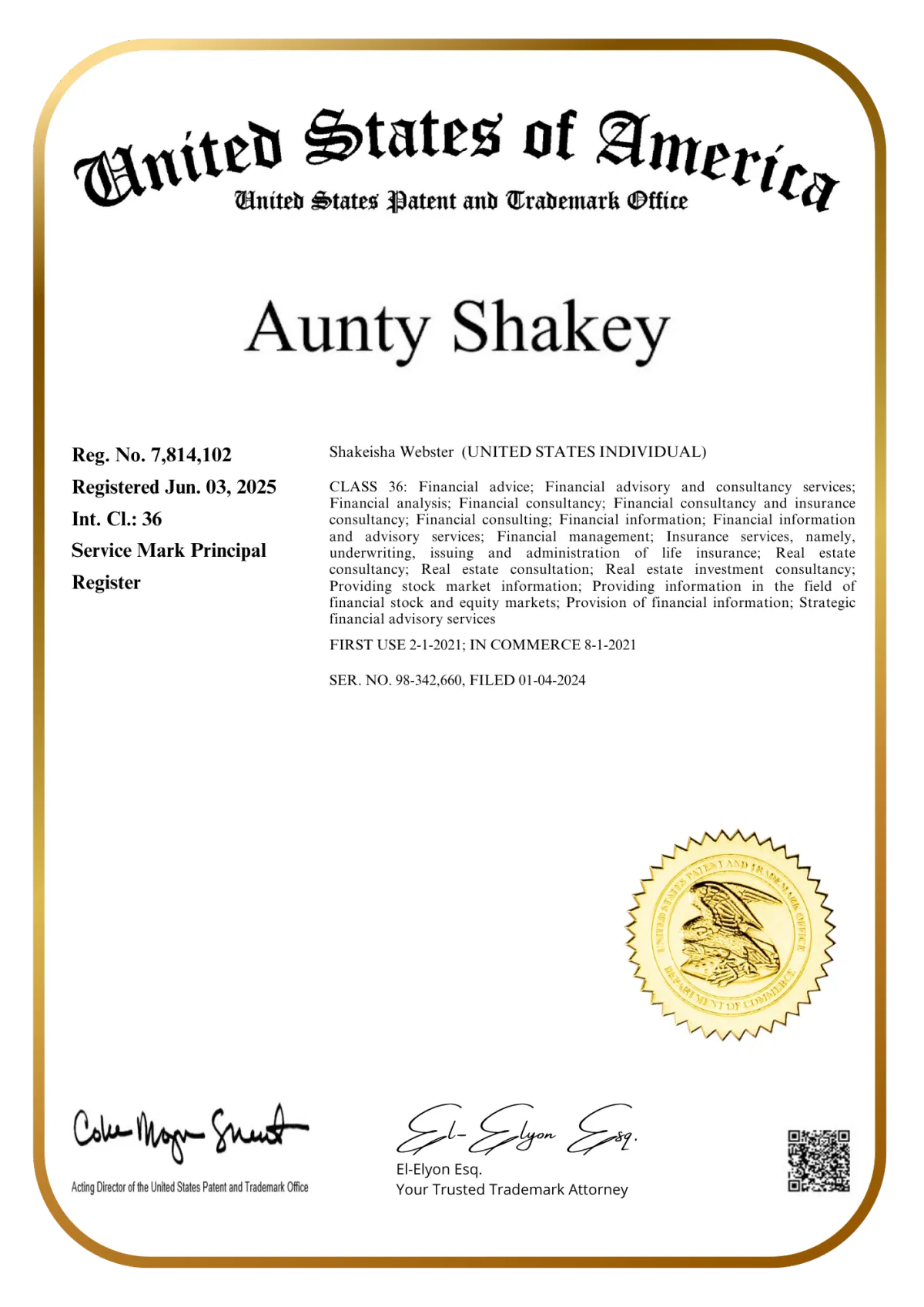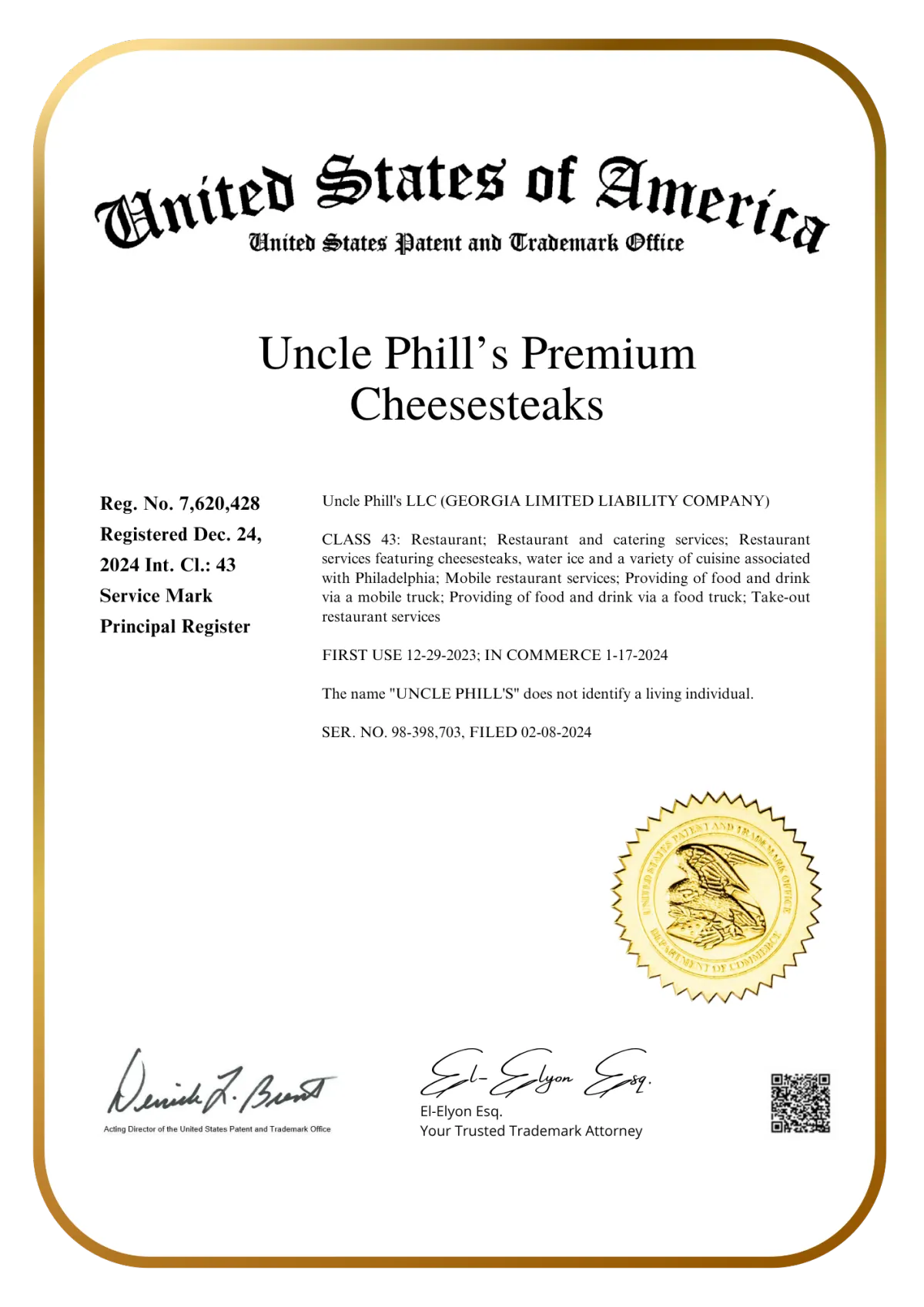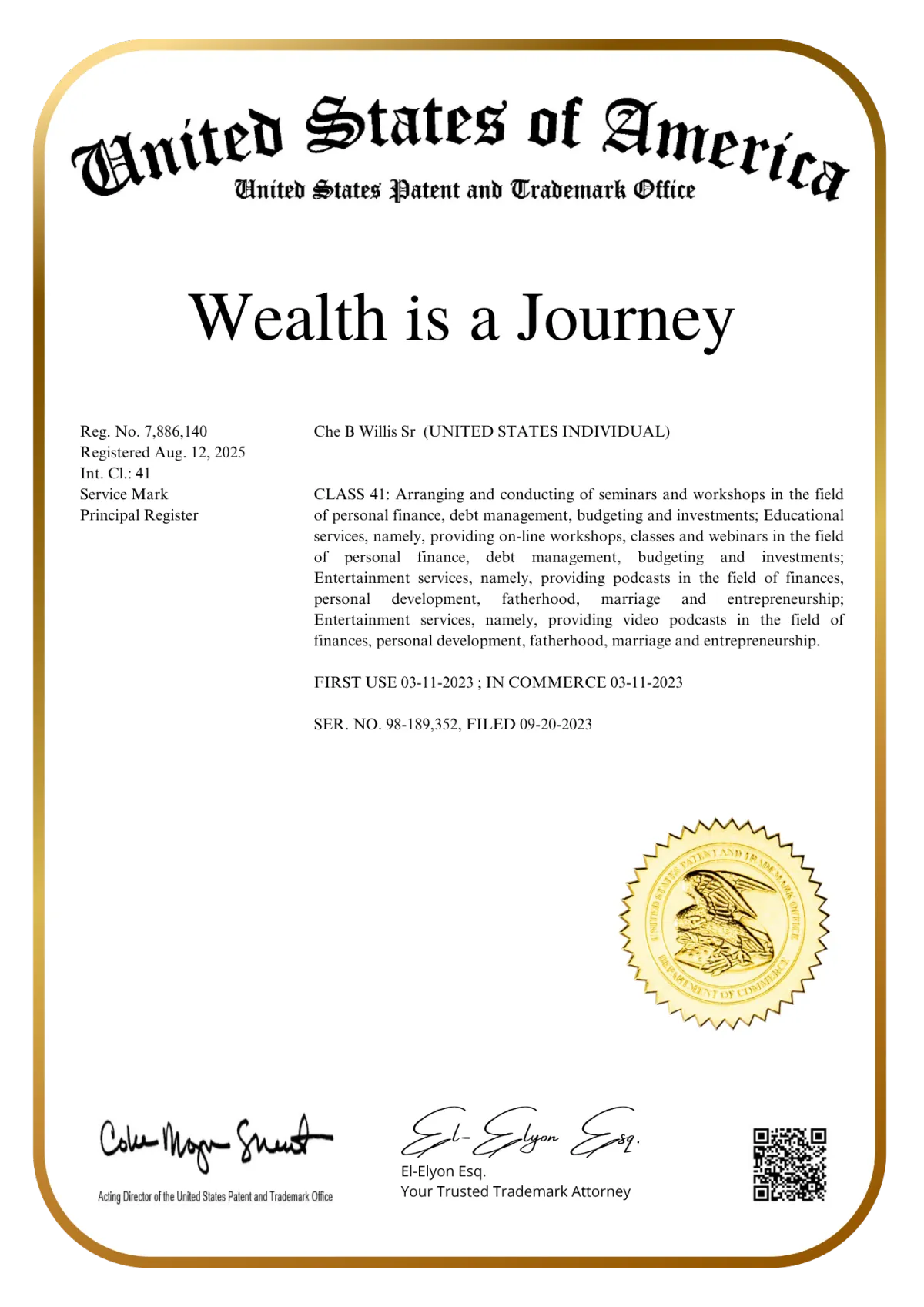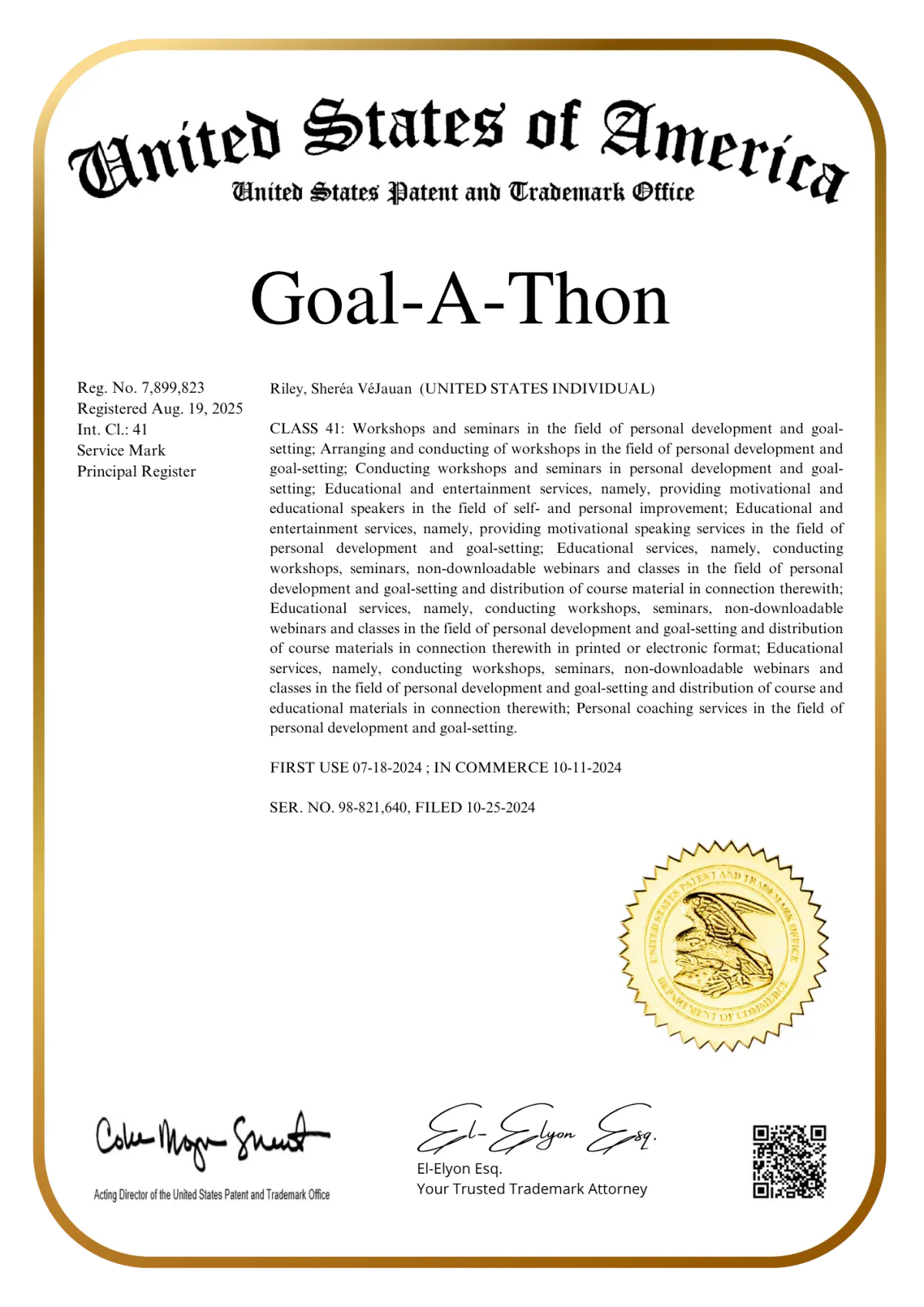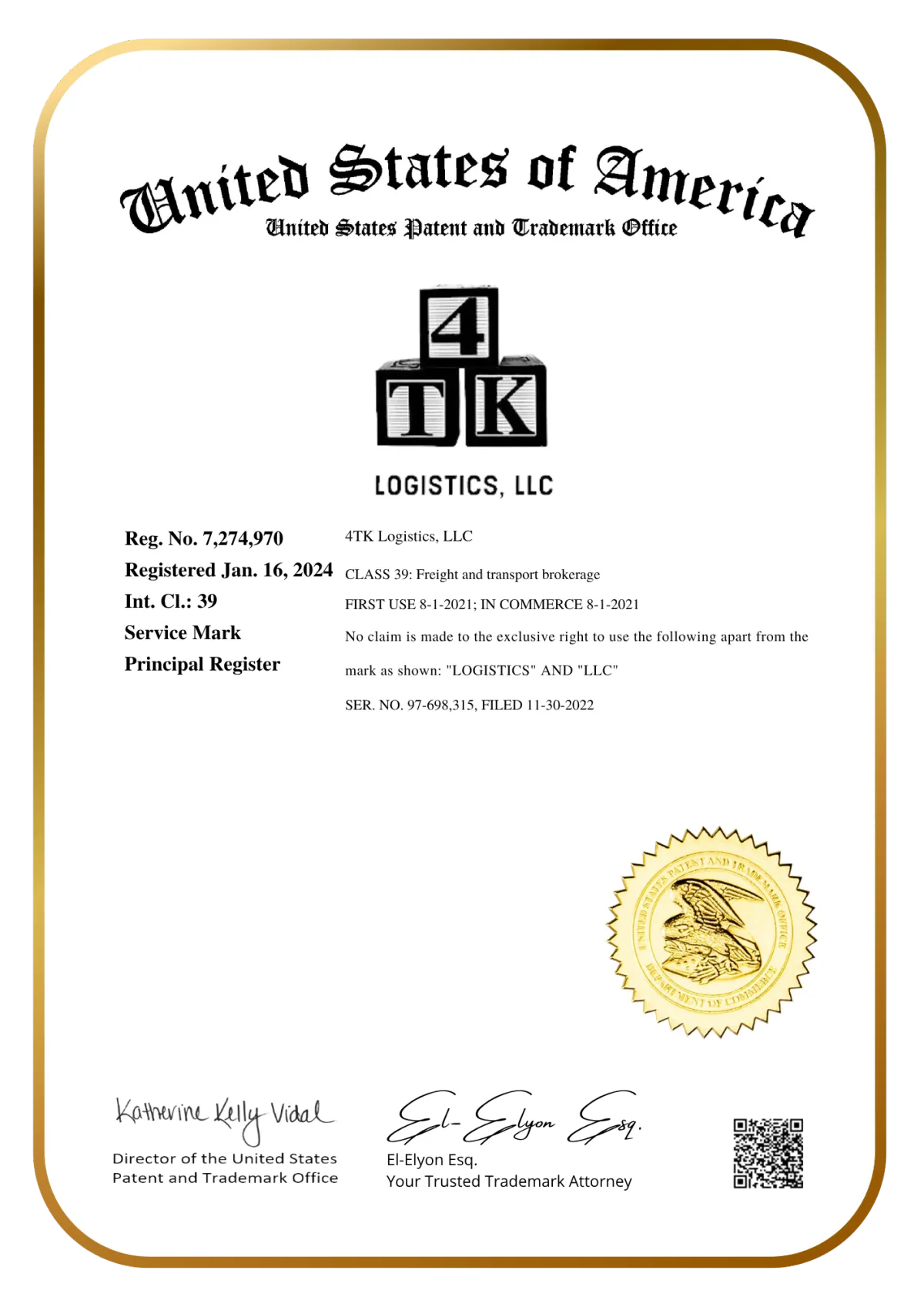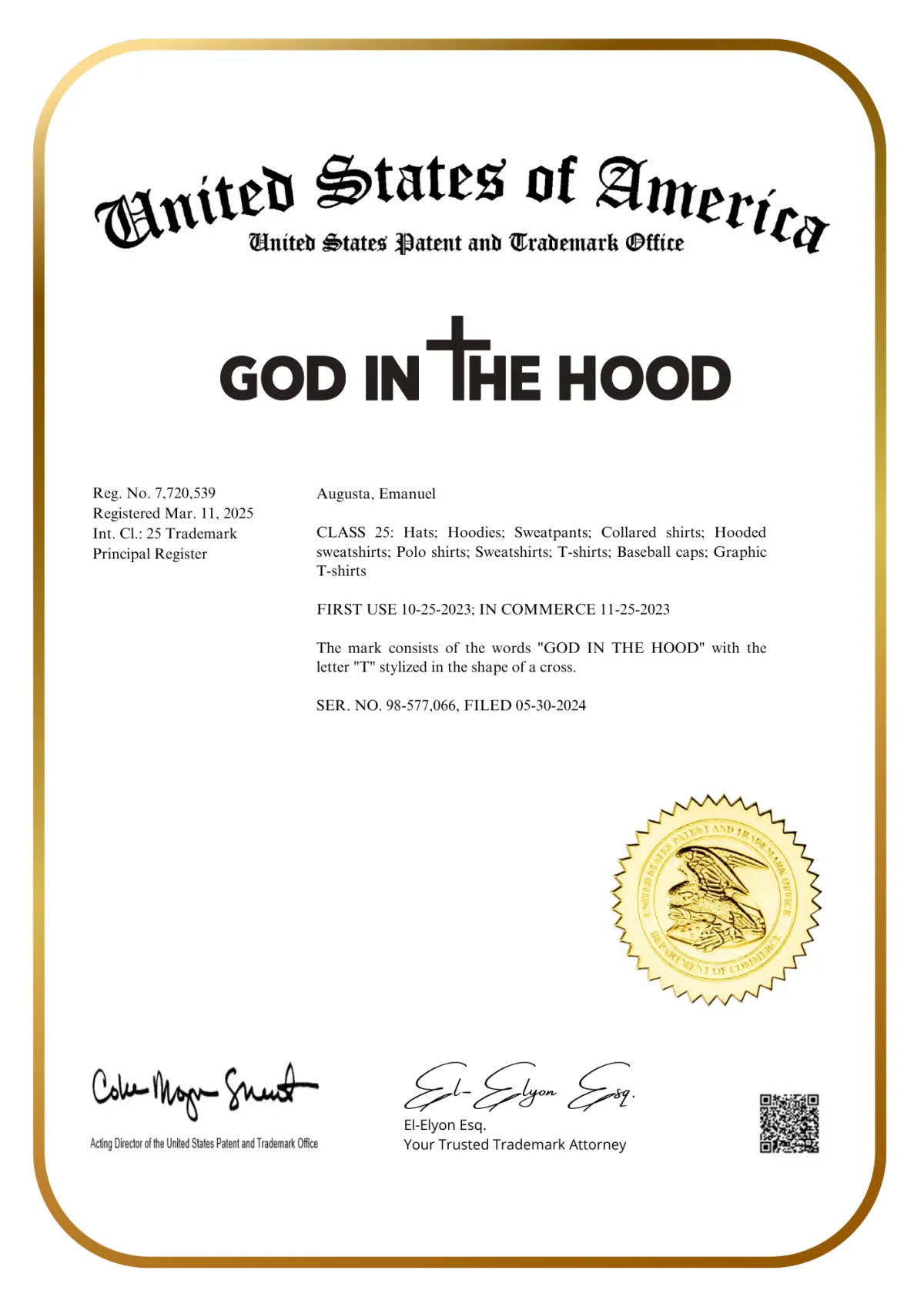Frequently Asked Questions
Have questions about any part of the trademark process? Browse our FAQs below!
If you have any further questions about the trademark application process, please do not hesitate to contact us. We are here to assist you and ensure that your trademark is properly protected!
What is a trademark?
A trademark is a type of intellectual property that helps to identify and distinguish a particular product or service from those of other companies. It can be a word, phrase, symbol, or design that represents a brand or company. Trademarks are typically used to protect brand names, logos, and other types of intellectual property. Some popular trademark examples are Whole Foods®, Nike® and Just Do It®.
Why do I need a trademark?
Having a registered trademark is of great importance to your brand and business because it allows you to receive legal protection from the government when you need it the most. Your trademark can be used to protect a wide range of your products and services, as well as names, logos, slogans, and even colors or sounds that are associated with your brand. It is important to protect trademarks because they can also be a valuable asset for a company, helping to establish and maintain its brand identity and reputation, and to differentiate your products or services from those of your competitors!
Overall, obtaining a trademark can be an important step in protecting and building your business. It can help you establish a strong brand, protect your intellectual property, and enhance the value of your business.
Who should get a trademark?
Any individual, business, or organization that uses a unique name, logo, symbol, or slogan to identify and distinguish their products or services in the marketplace should consider obtaining a trademark registration.
A trademark registration can provide valuable legal protections, including the exclusive right to use the mark in connection with specific goods or services and the ability to take legal action against infringing uses of the mark. Trademarks are particularly important for businesses or individuals that want to establish a strong brand identity and reputation.
By registering a trademark, you can help prevent others from using similar marks in a way that could create confusion among consumers and dilute the value of your brand.
In short - anyone who is serious about protecting their brand name, reputation and intellectual property rights should get a trademark. As long as you have a distinct name, logo or slogan that you are using in commerce or have a good-faith intent to use in commerce, you can apply to get your trademark registered!
How long does the trademark application process take?
The actual filing of the application can be a speedy process if you have all the relevant information ready to go. In some instances, we have been able to file a client's application within 2 days of the initial consultation call after doing the relevant clearance searches and receiving all relevant information and specimen files from the client.
On the other hand, it's hard to predict exactly how long it will take an application to mature into a registration because so many factors can affect the process. Approximately three months after we successfully submit your application, it will be assigned to a USPTO examining attorney for review. The attorney will determine if your application meets all applicable legal requirements, and if it doesn't we will be notified of a USPTO office action (official letter from the USPTO).
The total time for an application to be processed may be anywhere from 8 months to several years, depending on the basis for filing, and the legal issues which may arise in the examination of the application.
How long does a registered trademark last?
Generally, 10 years. Trademarks registered with the USPTO A trademark can last indefinitely as long as it is being used in commerce and the owner continues to renew the registration.
You must file a "Declaration of Use under Section 8" between the fifth and sixth year following registration. In addition, you must file a combined "Declaration of Use and Application for Renewal under Sections 8 and 9" between the ninth and tenth year after registration, and every 10 years thereafter.
If these documents are not timely filed, your registration will be cancelled and cannot be revived or reinstated.
Can I file a trademark myself?
Yes, you absolutely can file a trademark application yourself (if you are domiciled in the United States).
However, it is important to keep in mind that the trademark registration process can be complex, and it is important to ensure that your application is complete and meets all the necessary requirements. If you make mistakes or omit important information in your application, it may be rejected or delayed, which can result in additional time and expenses.
Do I have to hire an attorney?
It depends on the location of your domicile, specifically, the place you reside and intend to be your principal home or principal place of business (an entity's headquarters).
The answer is yes if you are a foreign-domiciled trademark applicant. You must be represented at the USPTO by an attorney who is licensed to practice law in the United States.
The answer is no if you are a trademark applicant domiciled in the United States or its territories.
Nevertheless, the USPTO strongly encourage you to hire a U.S.-licensed attorney who specializes in trademark law to guide you through the registration process.
Most applicants use trademark attorneys for legal advice regarding the use of their trademark, filing an application, and the likelihood of success in the registration process, since not all applications proceed to registration.
How can an attorney help me?
Expertise: Trademark attorneys have extensive knowledge and experience in trademark law, including the legal requirements for trademark registration and the application process. They can provide valuable guidance on issues such as trademark infringement, trademark selection, and trademark enforcement.
Comprehensive trademark search: Conducting a comprehensive trademark search is a critical step in the trademark registration process, as it helps to identify potential conflicts with existing trademarks. A trademark attorney can conduct a thorough search and provide guidance on whether your proposed trademark is likely to be approved.
Legal representation: In the event of a legal dispute, a trademark attorney can provide legal representation and help protect your trademark rights. They can also help you take legal action against infringing uses of your trademark.
Time savings: The trademark application process can be time-consuming and complex, especially for those who are unfamiliar with the process. A trademark attorney can help streamline the process, saving you time and allowing you to focus on running your business.
Increased chances of success: Working with a trademark attorney can increase the chances of success for your trademark application. Attorneys can help ensure that your application meets all legal requirements and is properly filed, reducing the risk of rejection or infringement.
What happens if I don't register my trademark?
If you don't register your trademark, you are at greater risk of your rights being infringed upon by others or somebody going ahead and stealing your idea and getting it trademarked before you. A scary thought, I know, but you may still have some legal protection under common law.
However, common law protection for trademarks can be limited and may not provide the same level of legal protection as a registered trademark. For example, common law rights may only apply within a specific geographic region, whereas a registered trademark can provide protection nationwide.
It is generally advisable to register your trademark with the government in order to receive the full legal protection that is available. This can help to ensure that you have the legal tools available to protect your brand and to prevent others from using a similar mark that could cause confusion with your products or services.
Are your legal fees refundable if I decide to cancel the trademark filing?
Our legal fees are generally non-refundable once work to file a trademark has begun. This is because our team invests significant time and resources in researching, preparing, and filing the trademark application. However, we understand that circumstances may arise where cancellation is necessary, and we may consider a partial refund at our discretion if the cancellation is timely.
We encourage our clients to contact us as soon as possible if they need to cancel a trademark filing to discuss their options and any potential refunds. It is important to note that any filing fees paid to the government are non-refundable and will not be included in any potential refund of our legal fees.
We are committed to providing high-quality legal services and strive to ensure our clients are satisfied with our work. Please contact us if you have any questions or concerns regarding our fees or cancellation policy.

Rhea Nicole M

El-Elyon consistently delivers outstanding and professional service! Every aspect of the services provided has surpassed my expectations. Her communication skills are truly impeccable. I am thoroughly impressed and satisfied with the exceptional level of service and clear communication throughout the entire process.

Christian Baah

El-Elyon drafted a tenancy agreement for a new property I bought and I couldn't have been more pleased with her work. She made everything simple and easy to understand and helped make the process so smooth!
